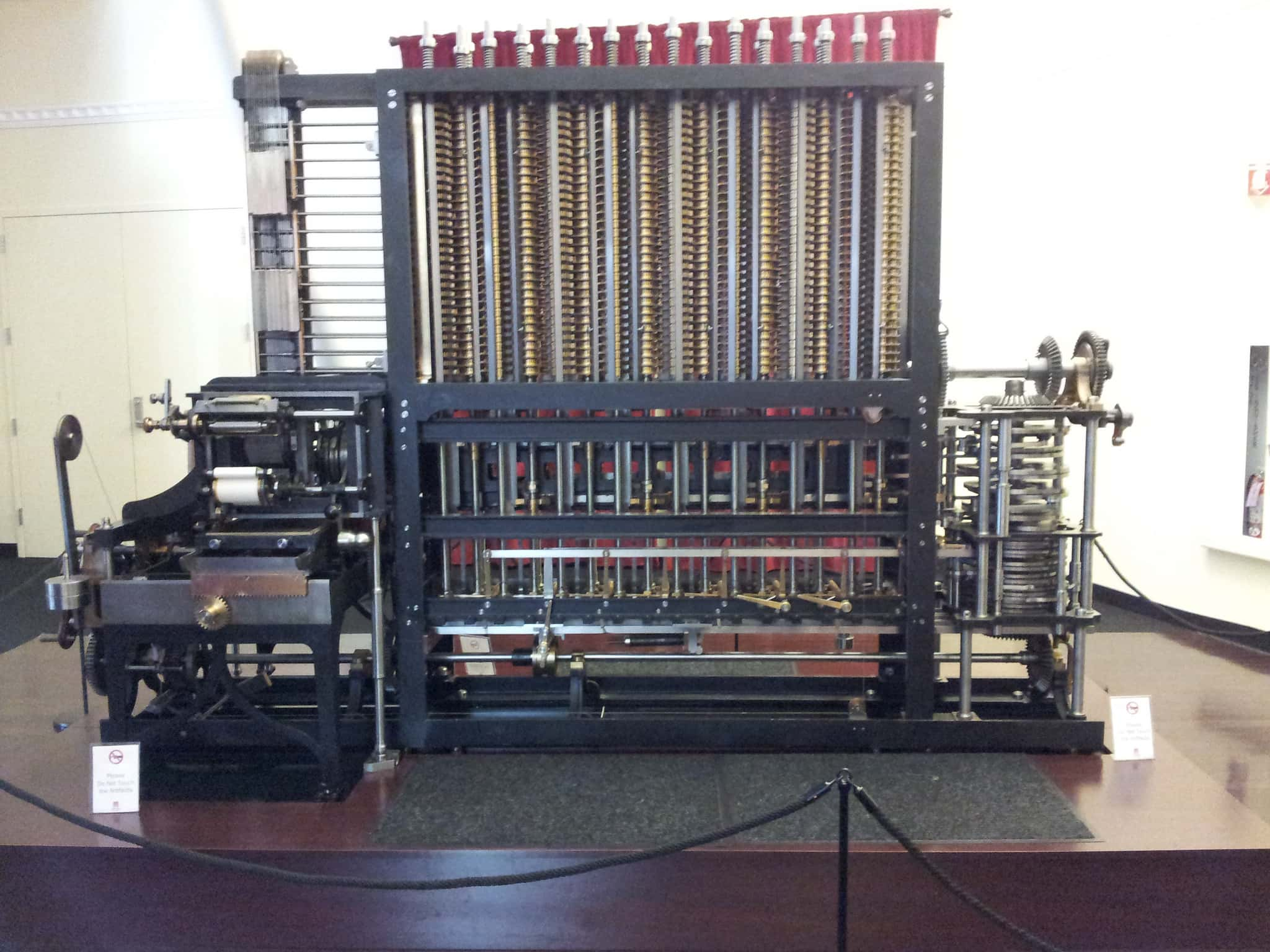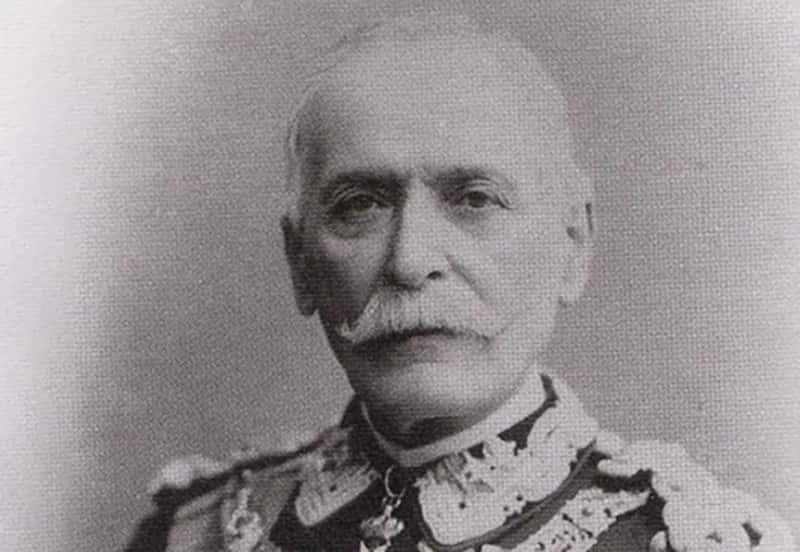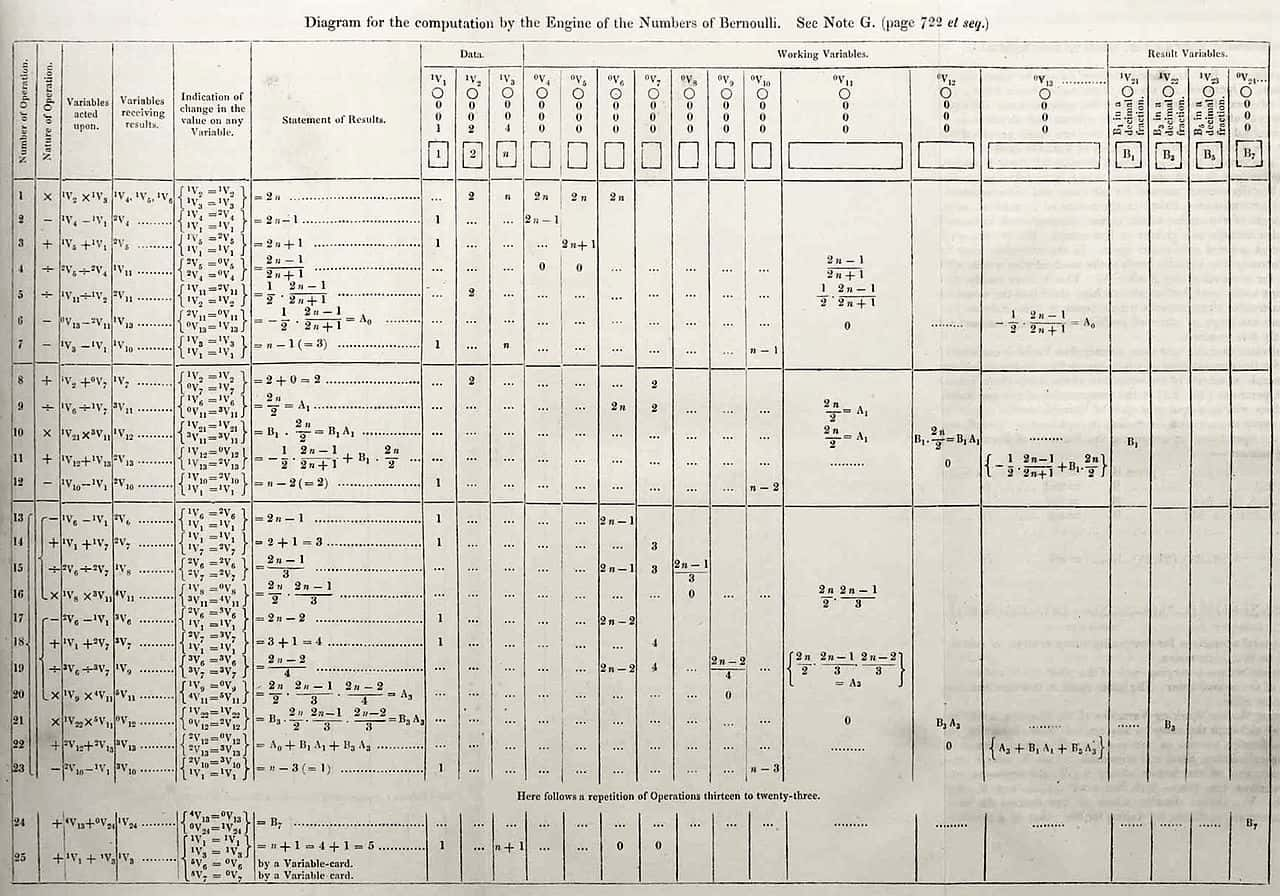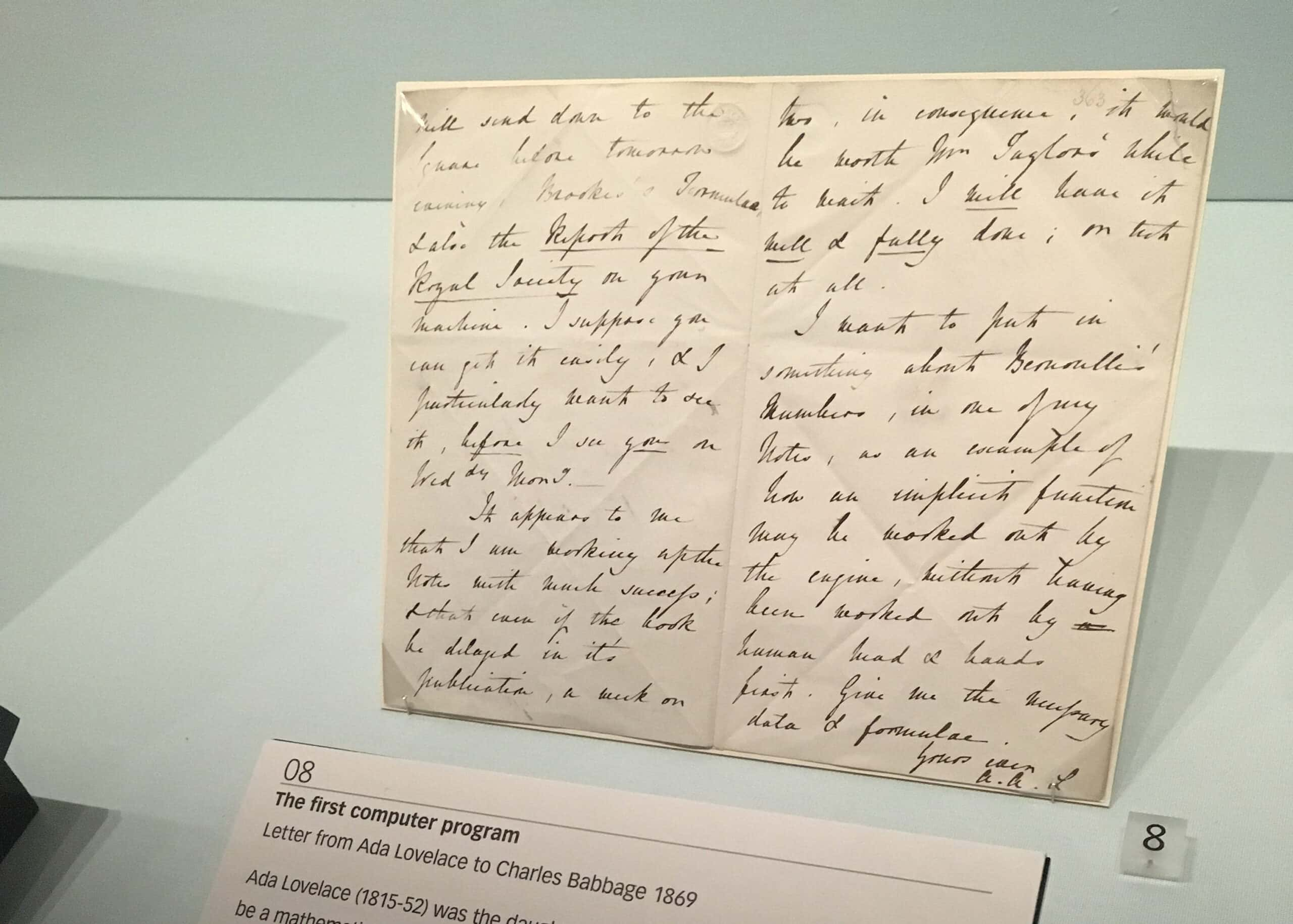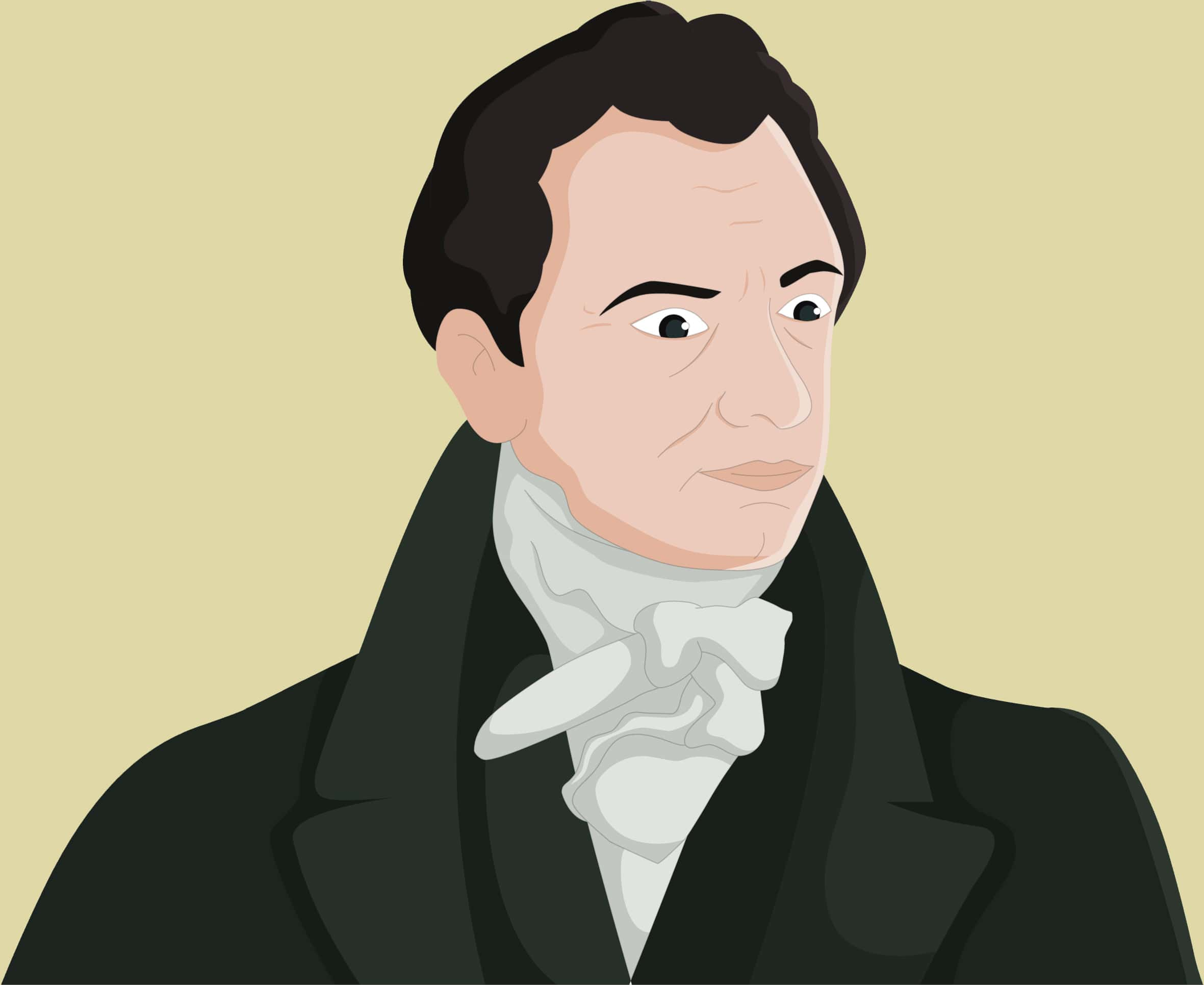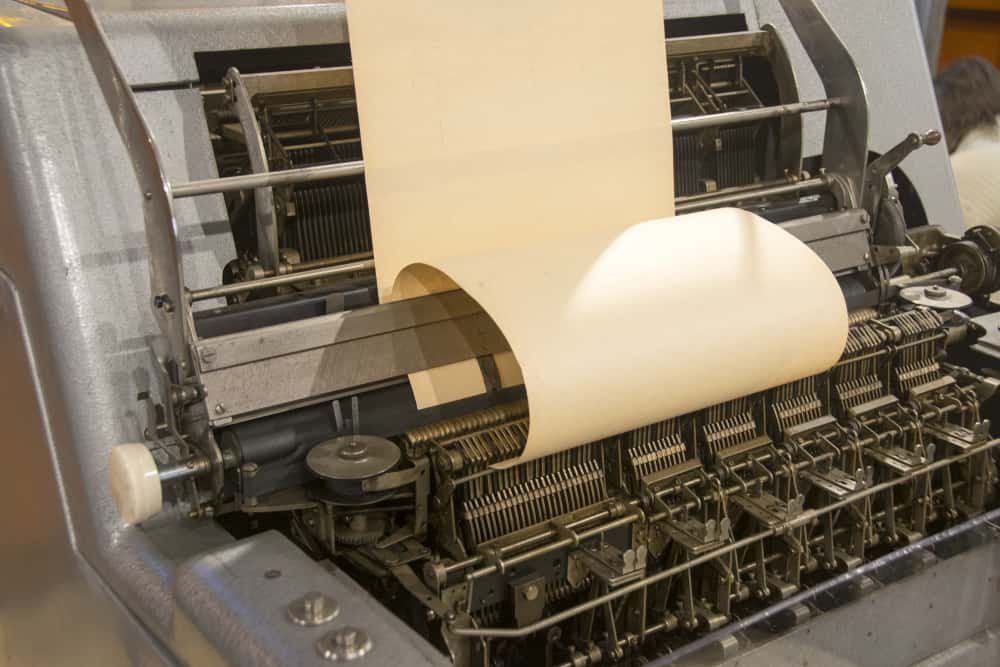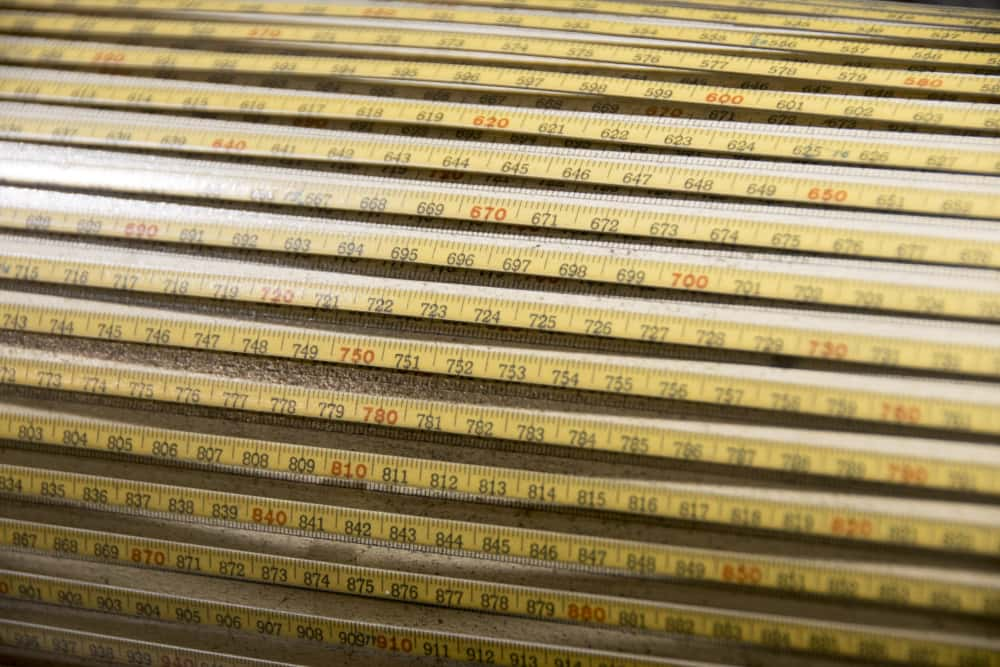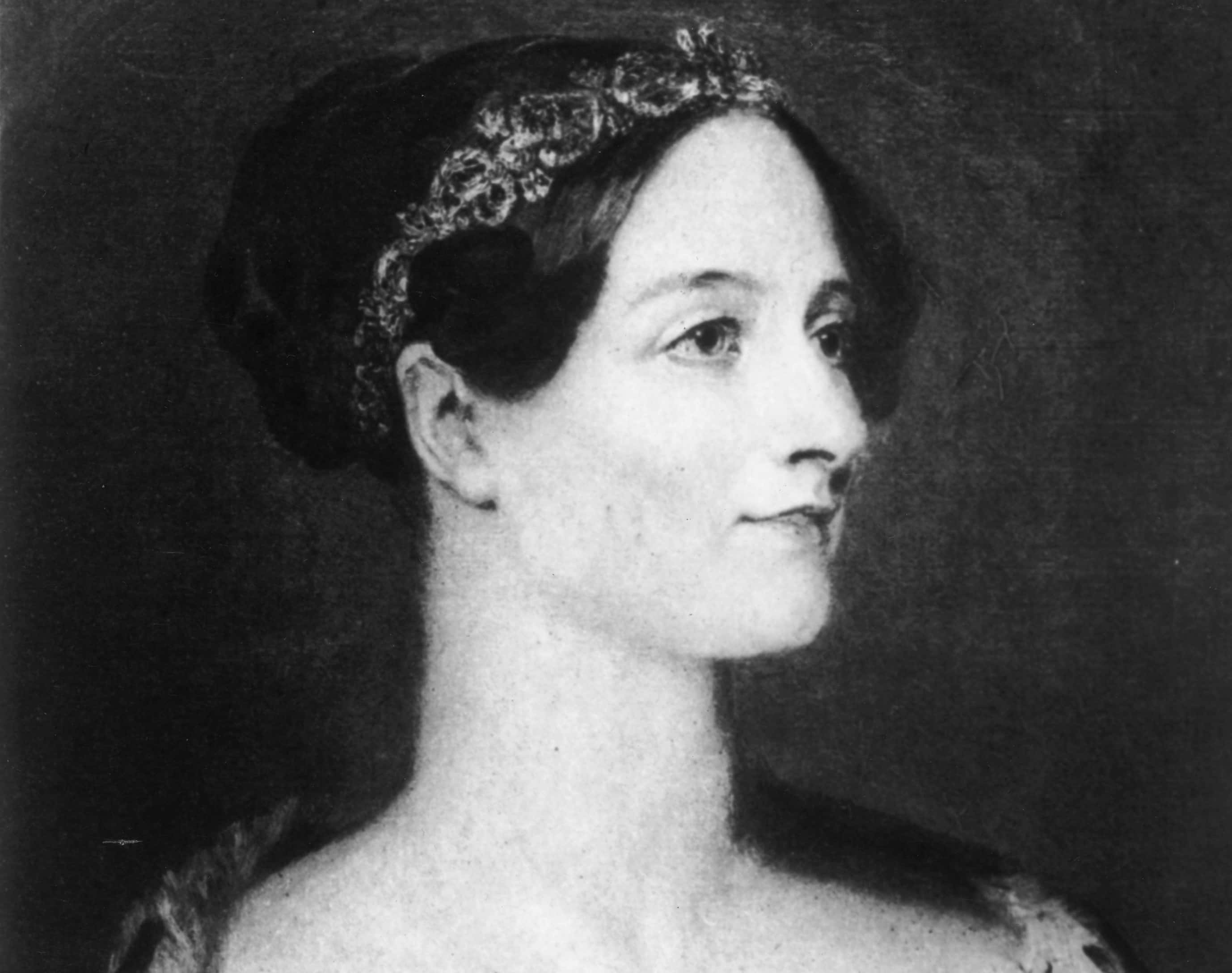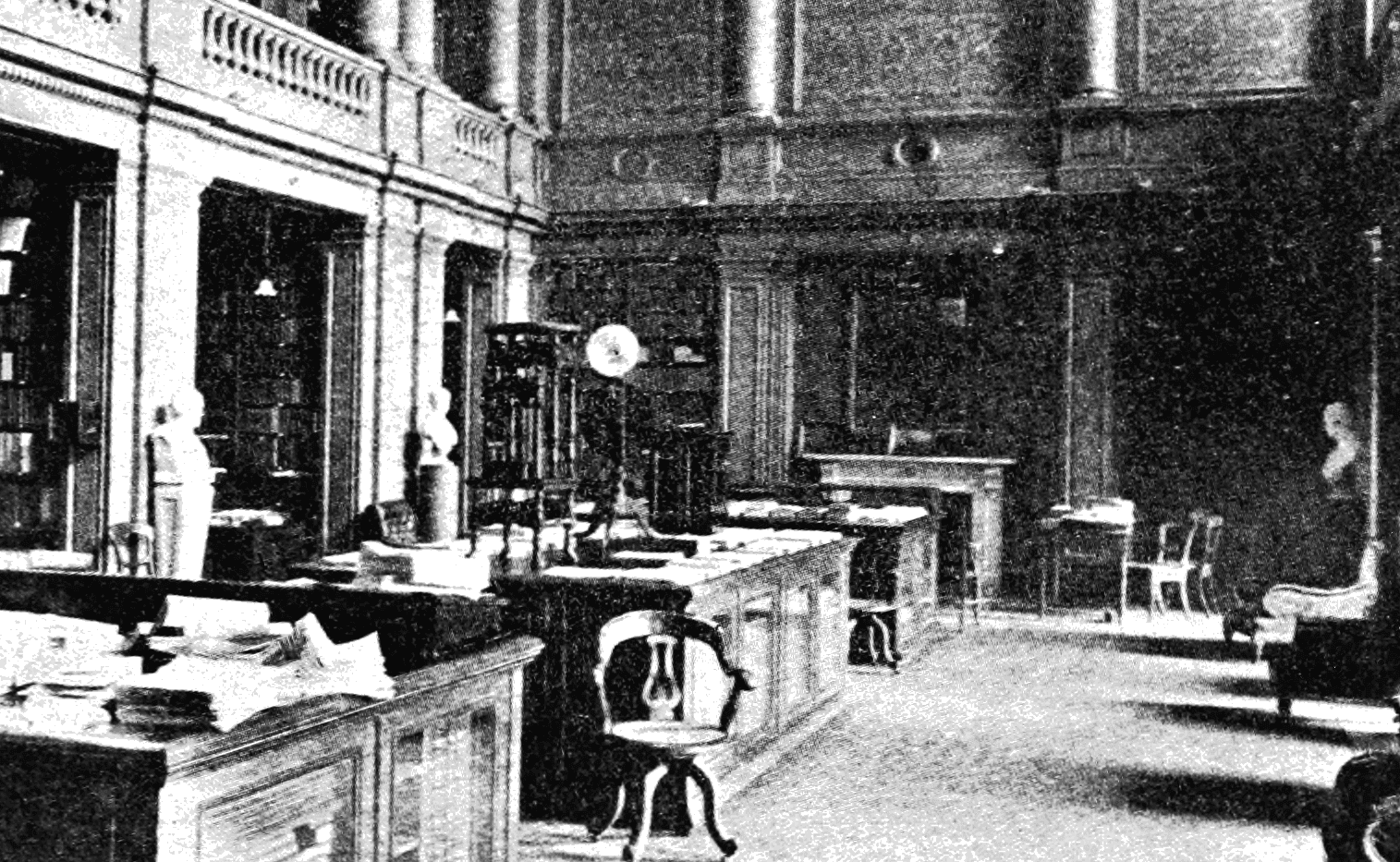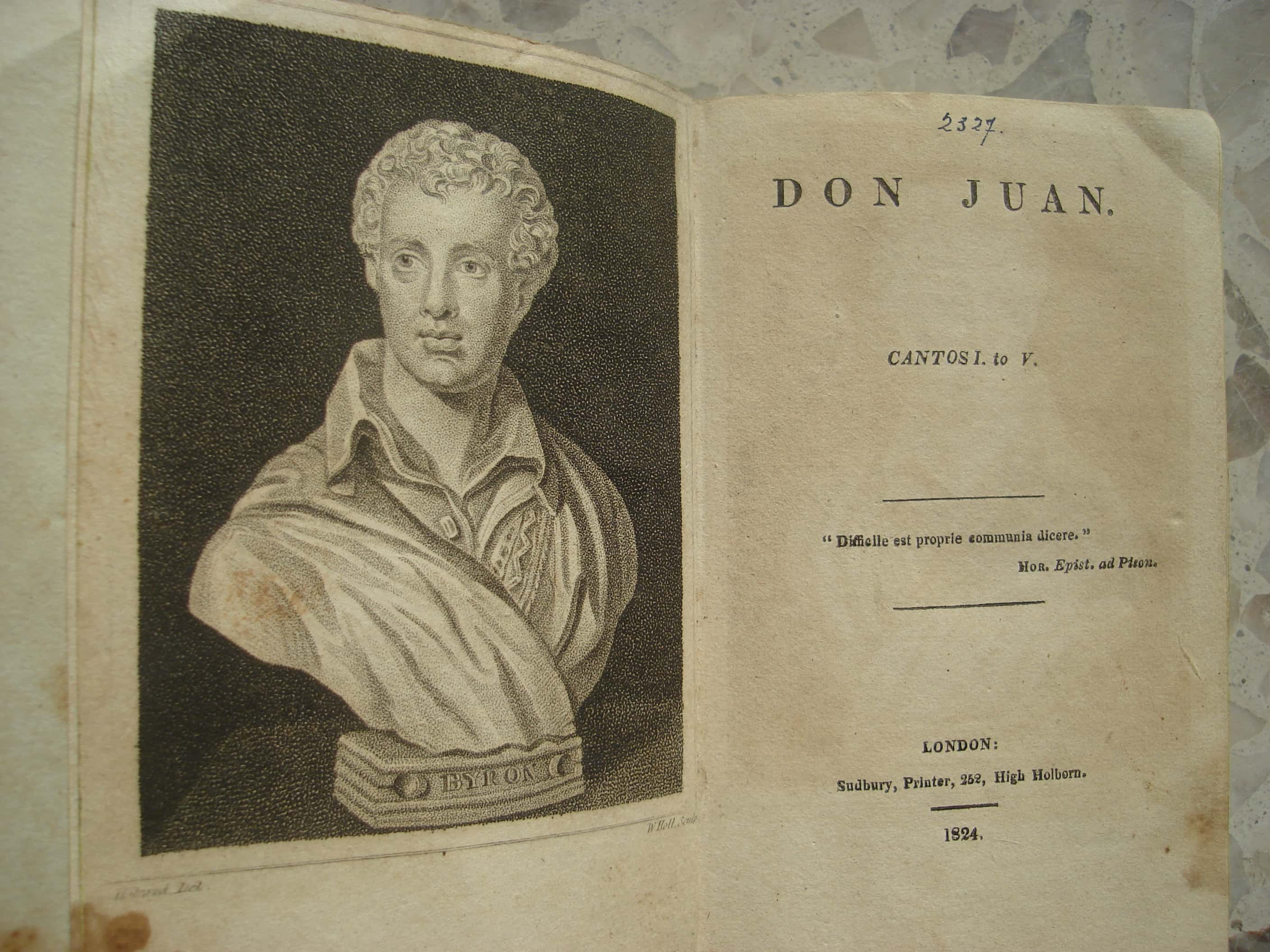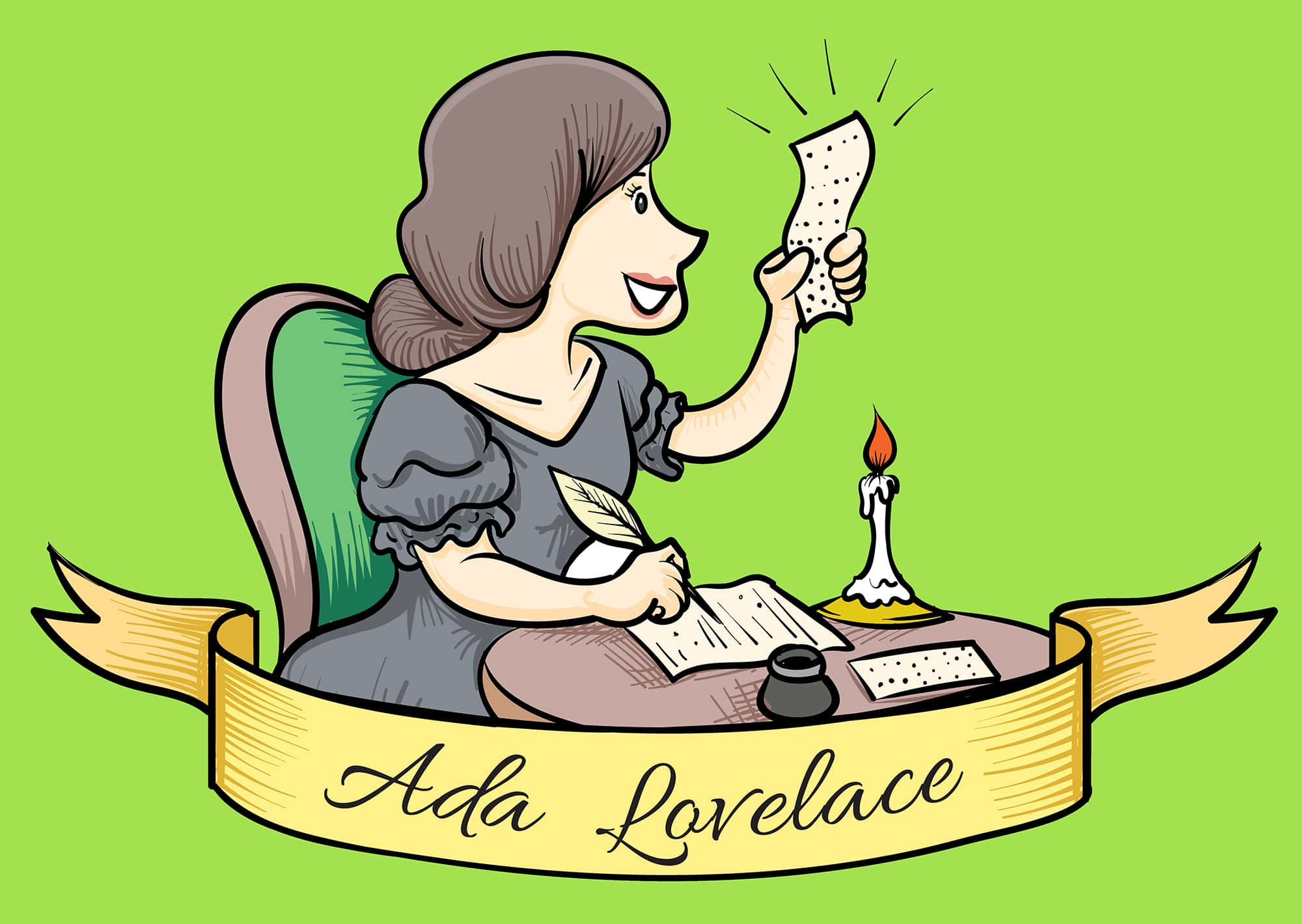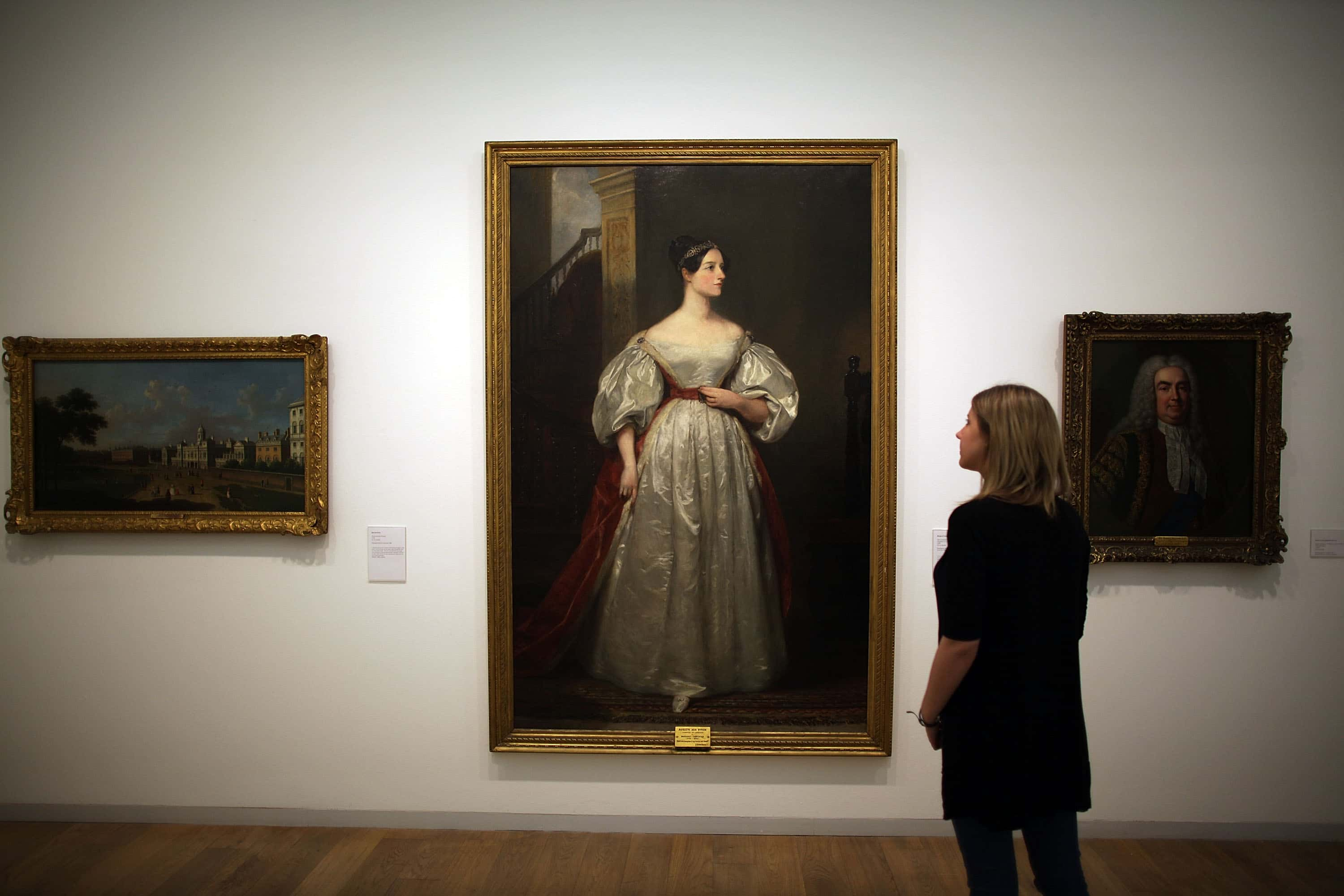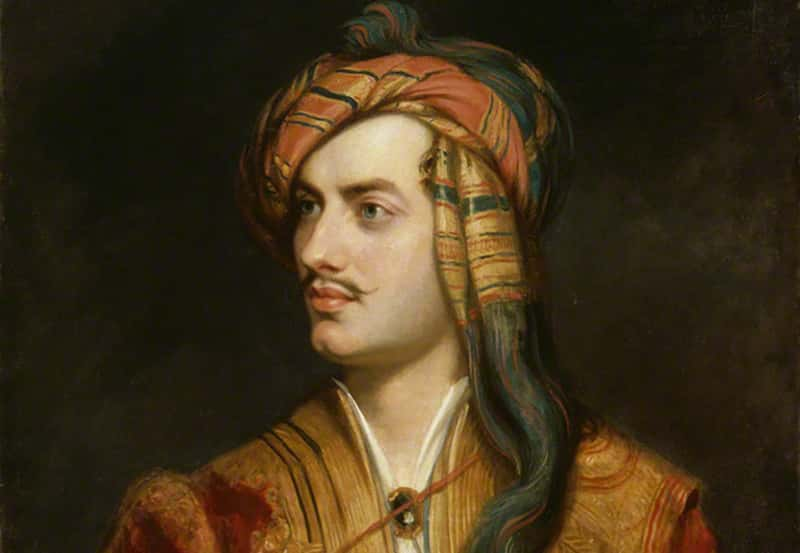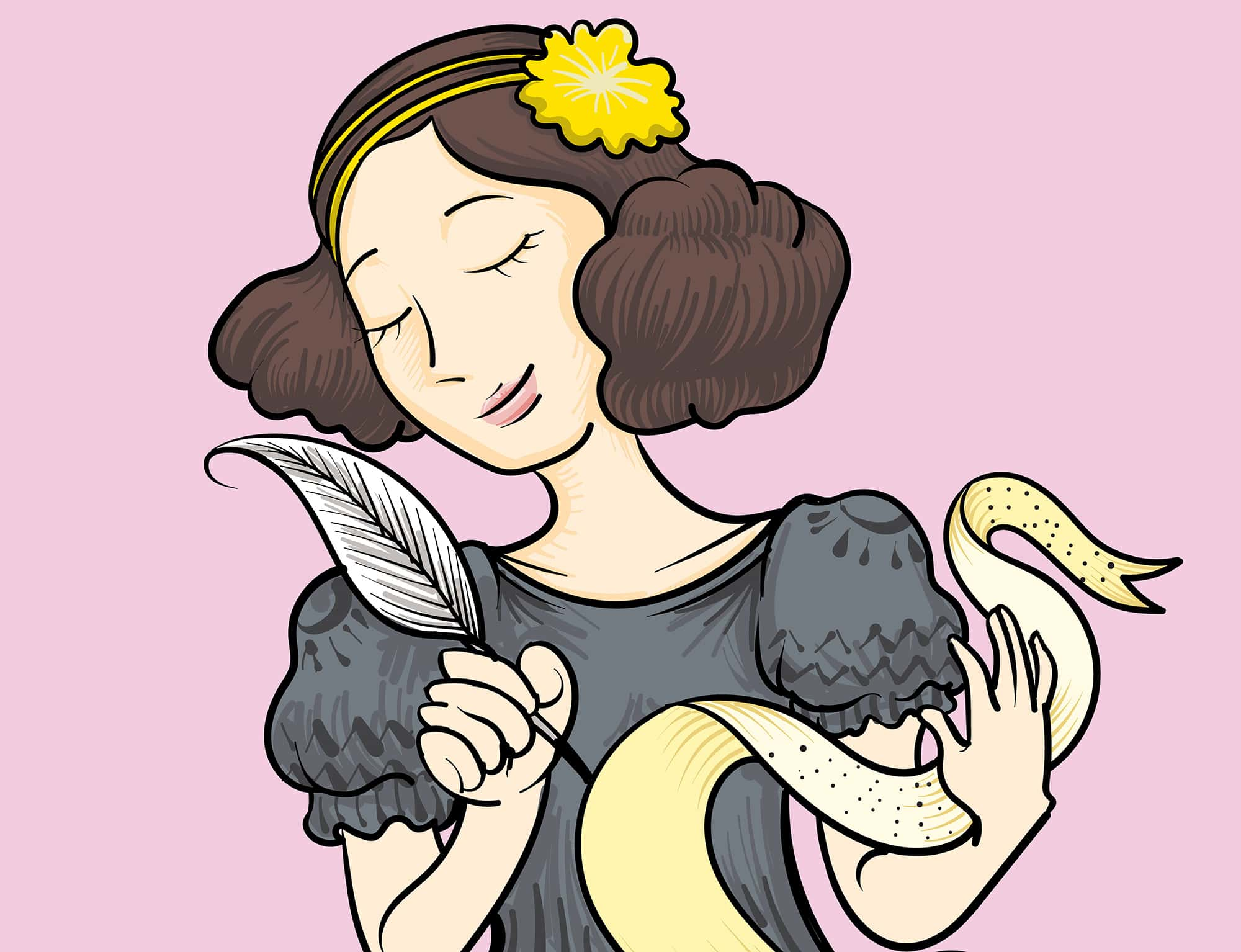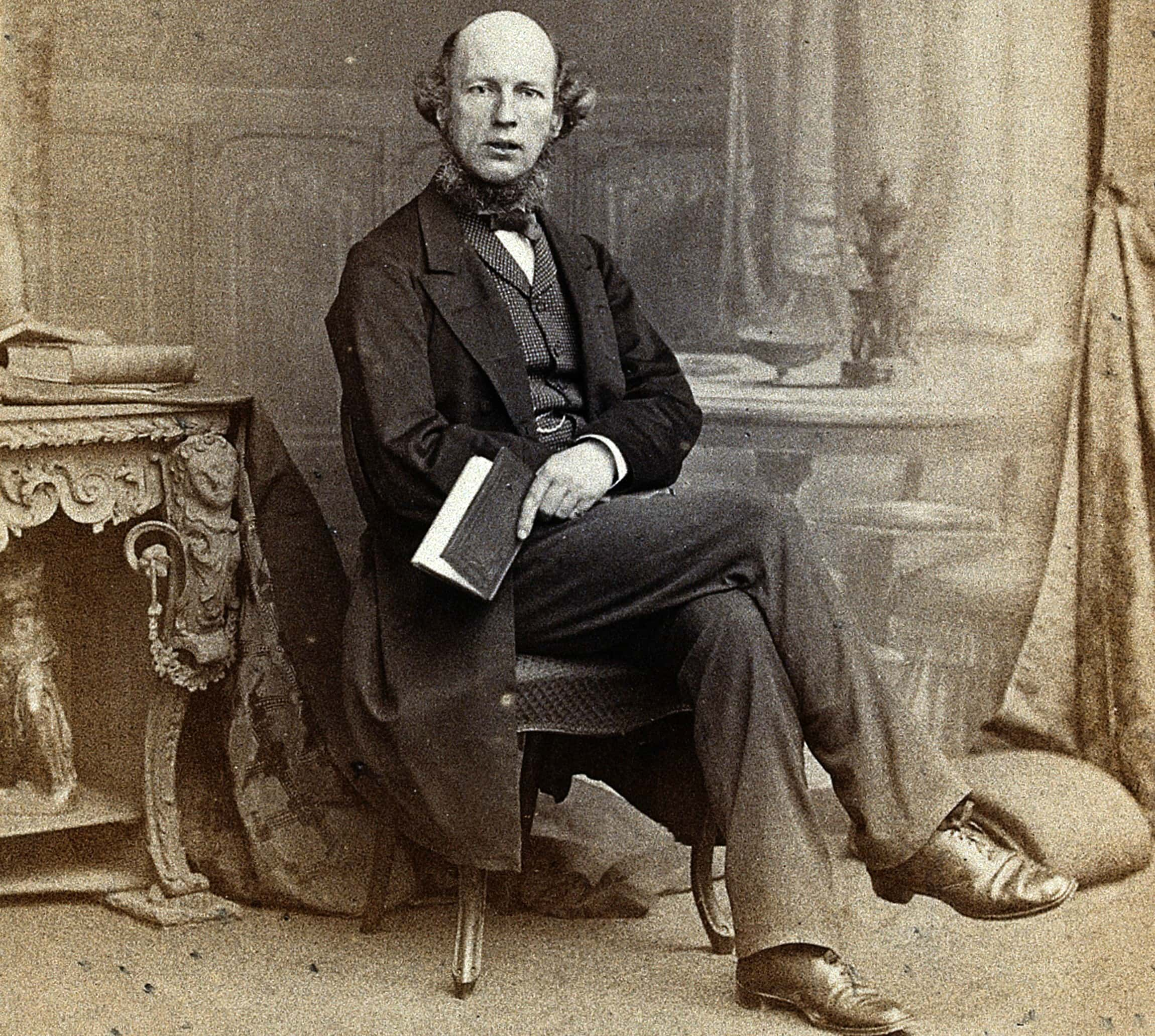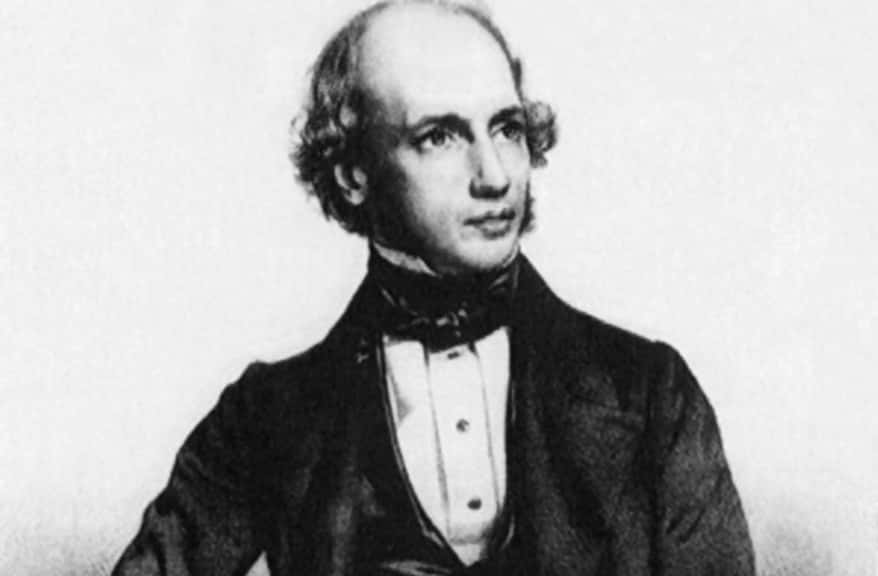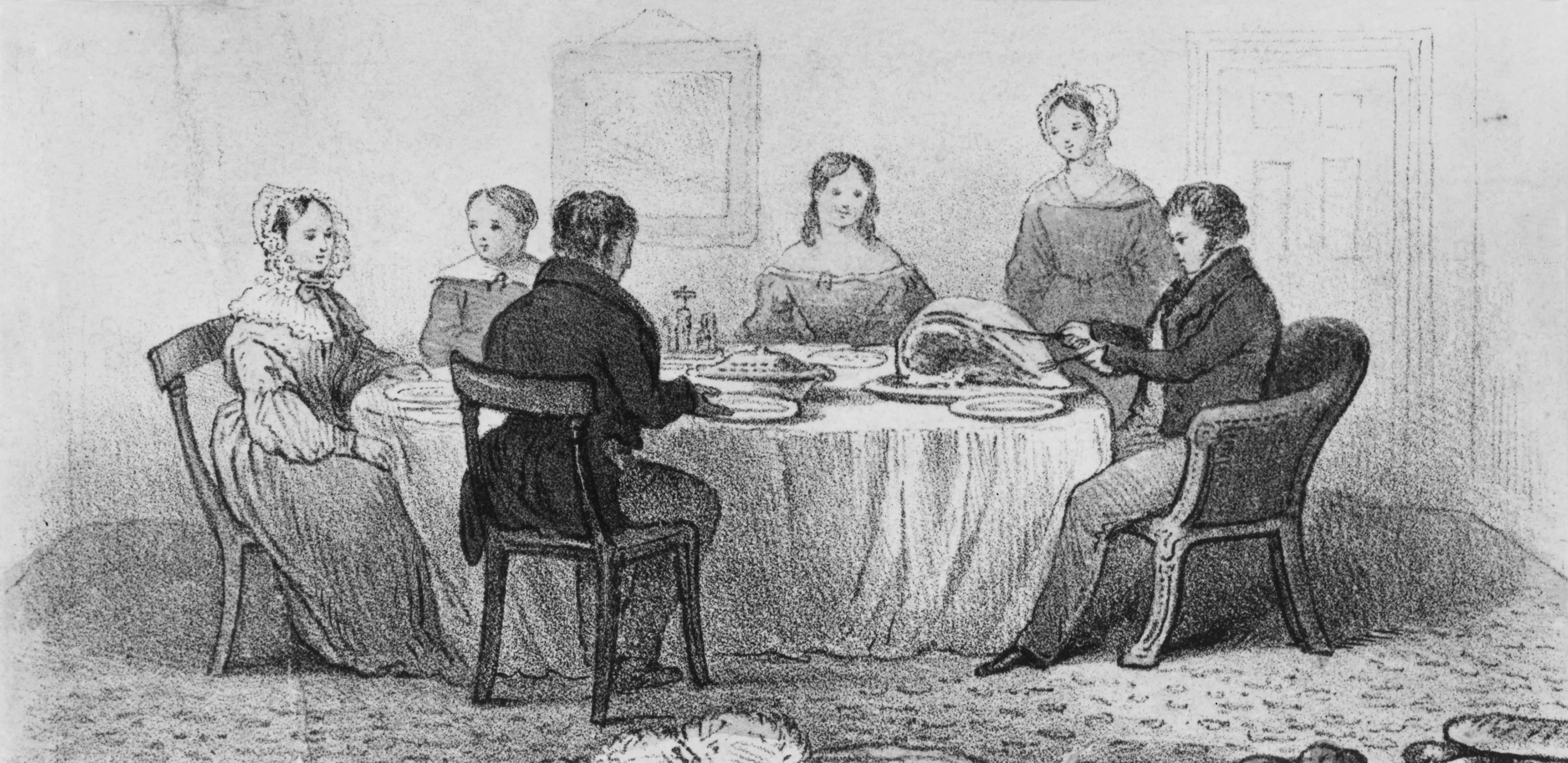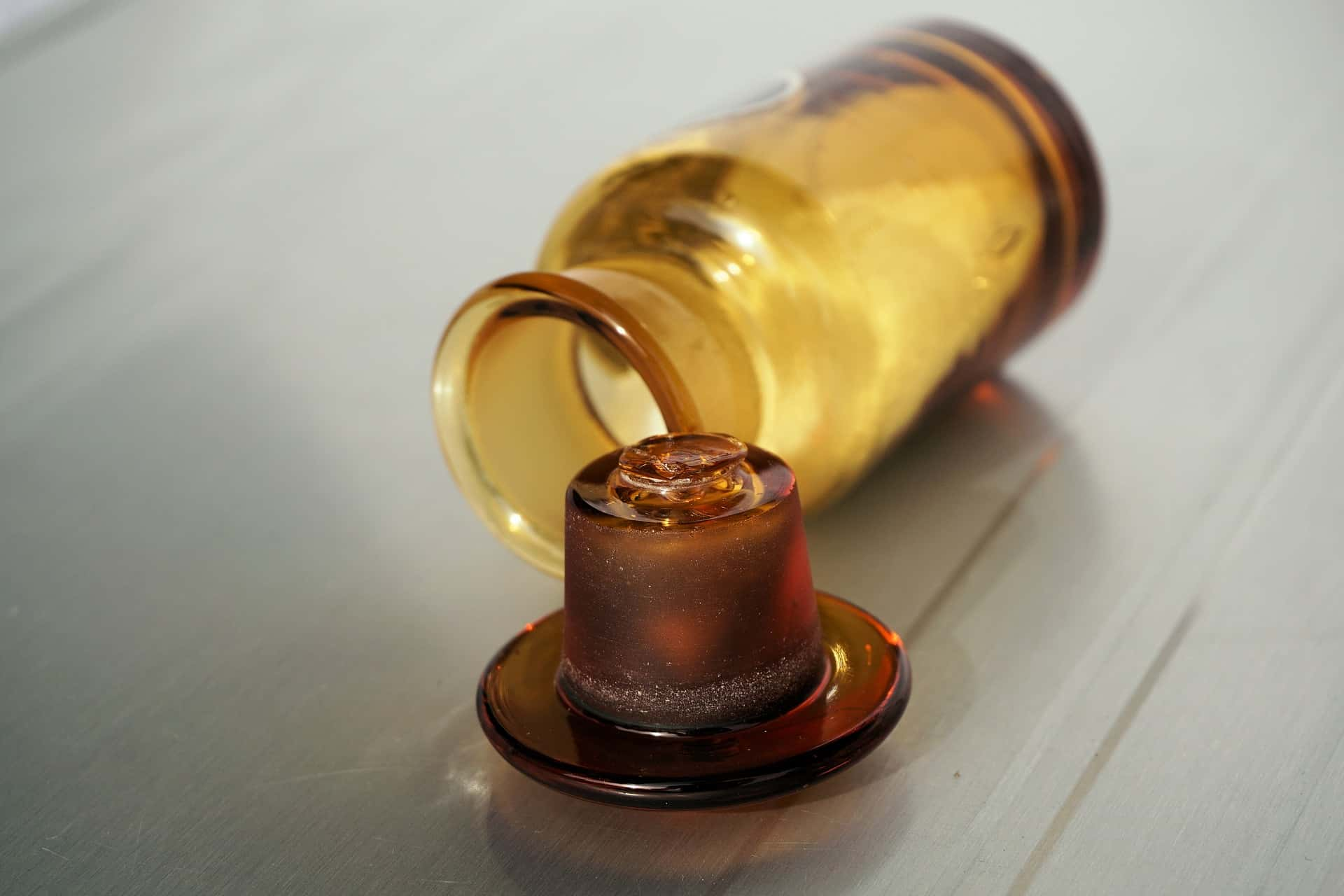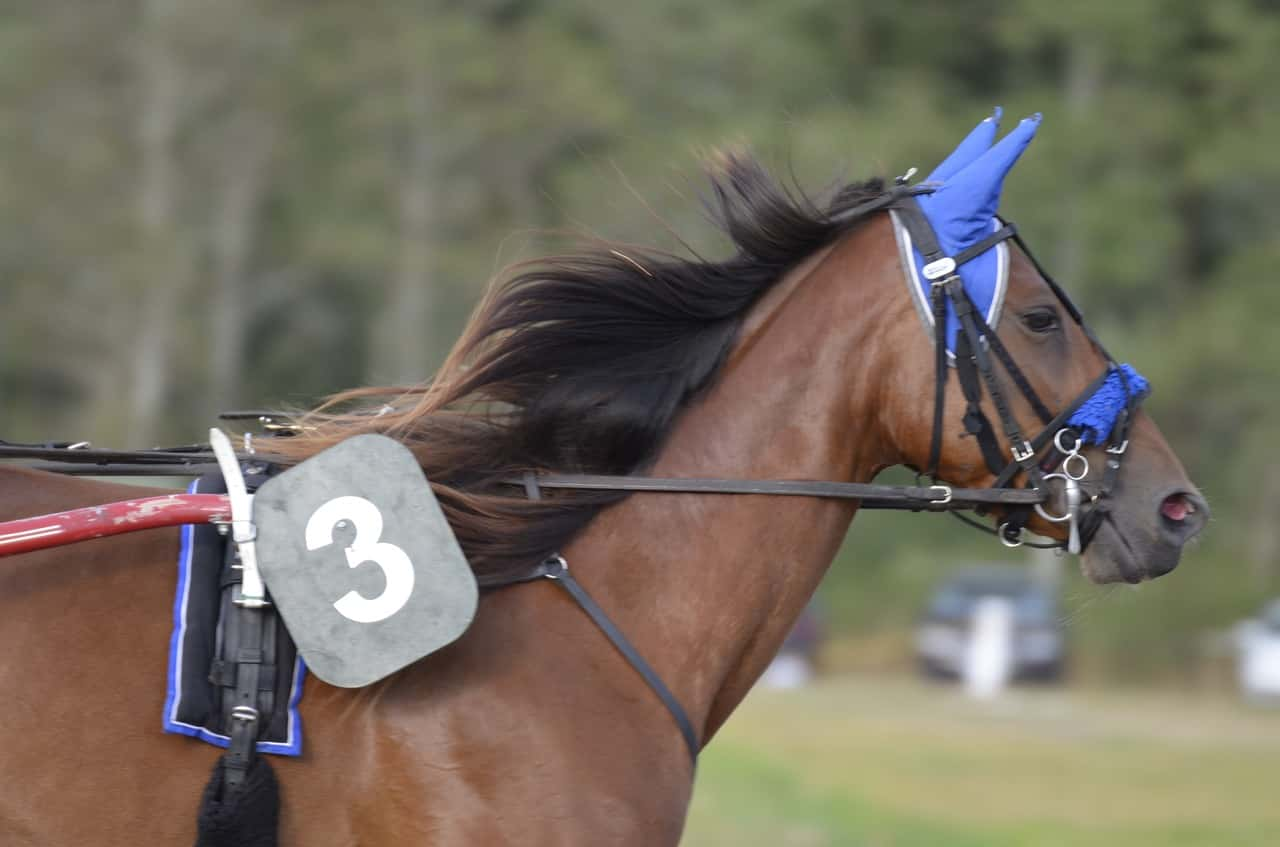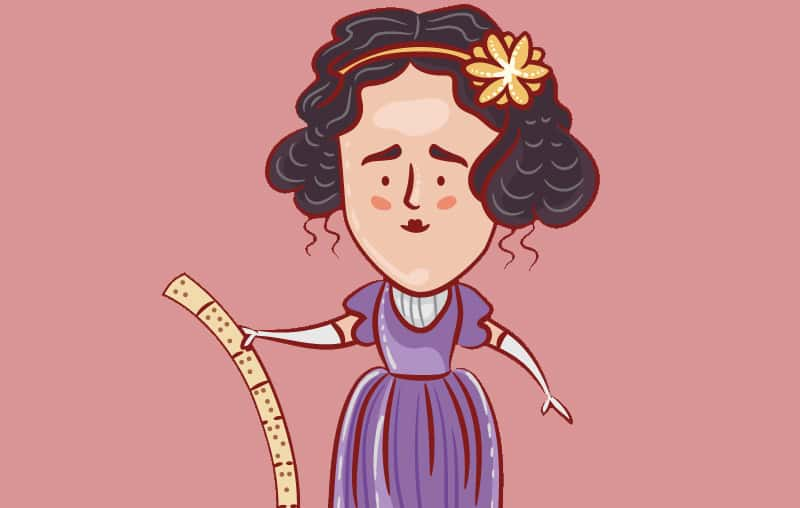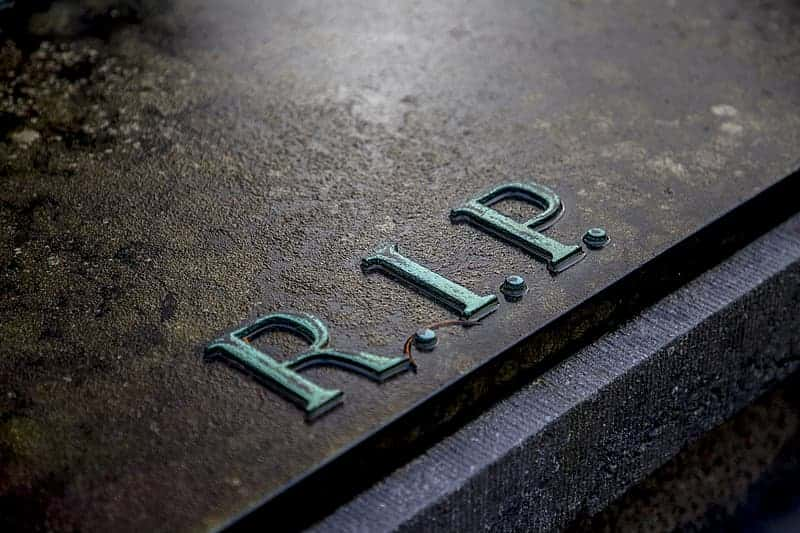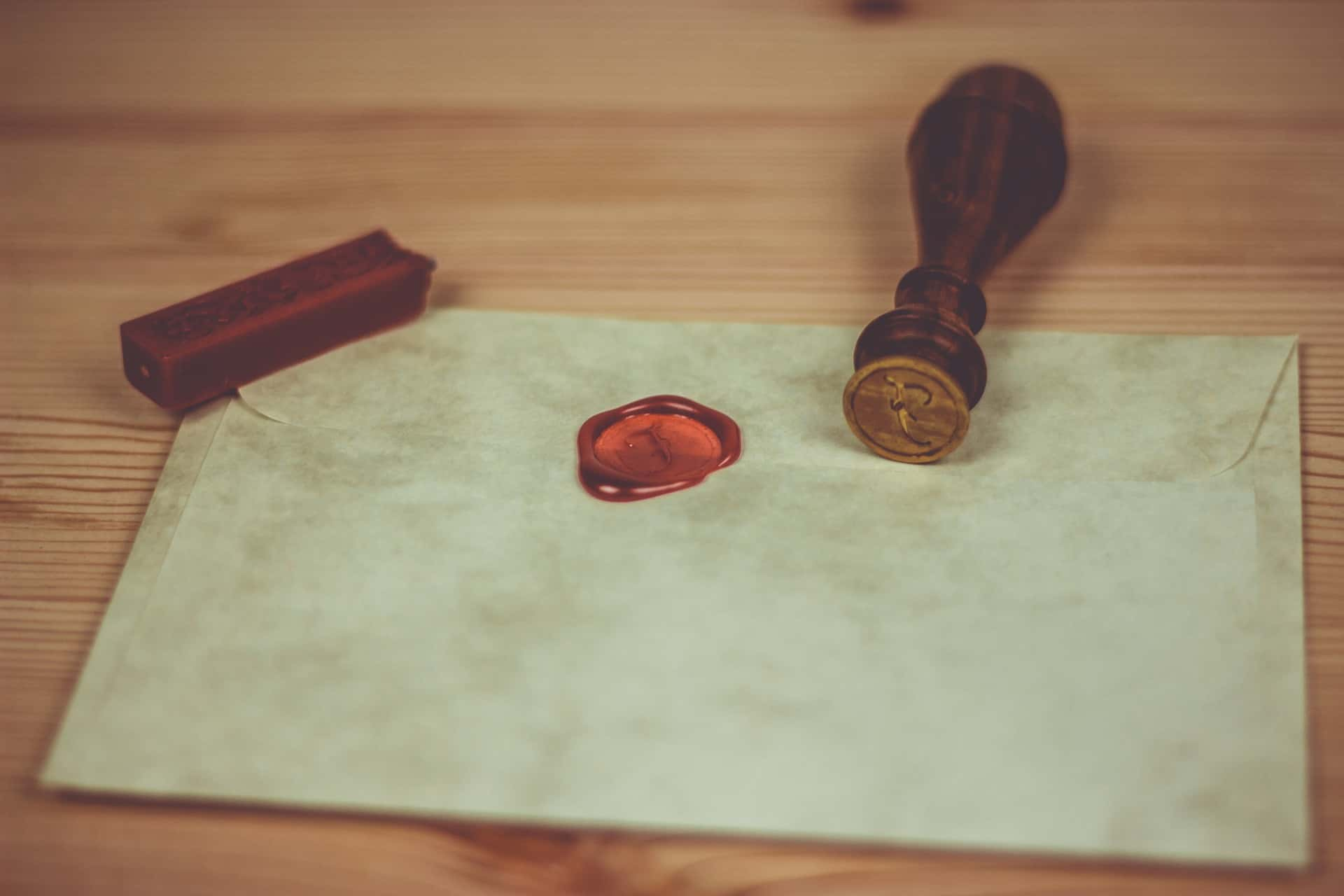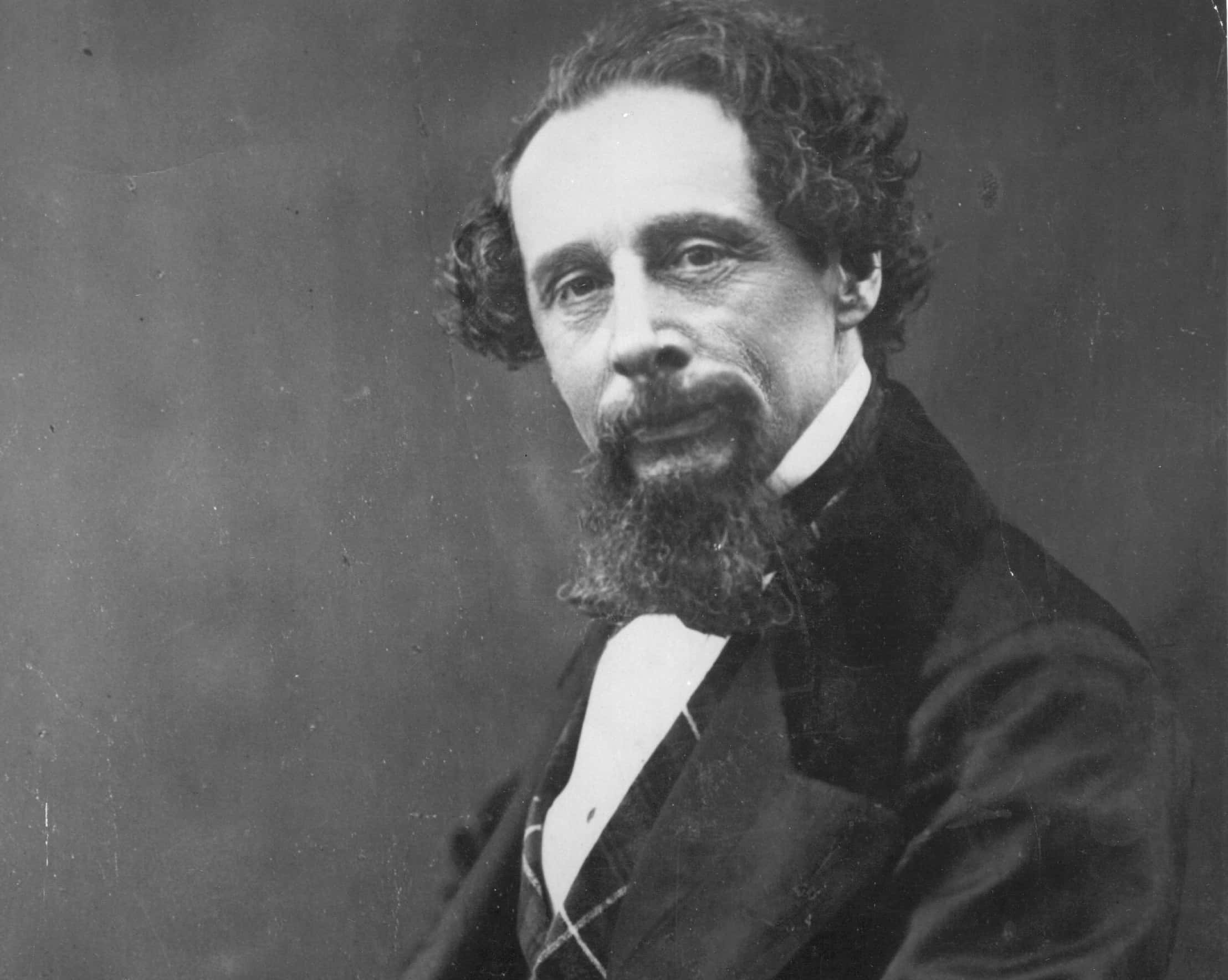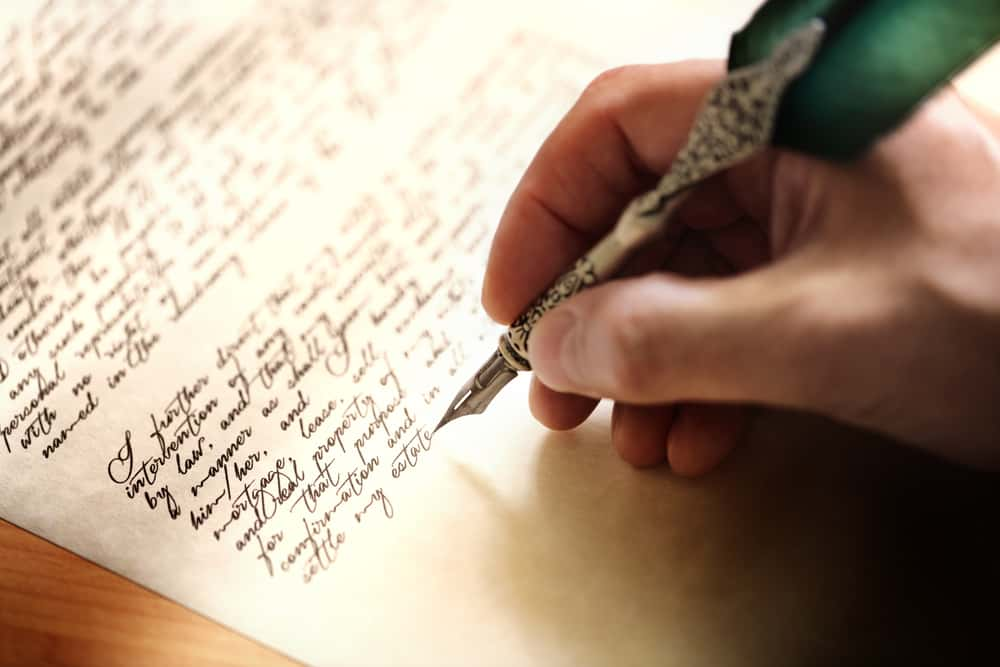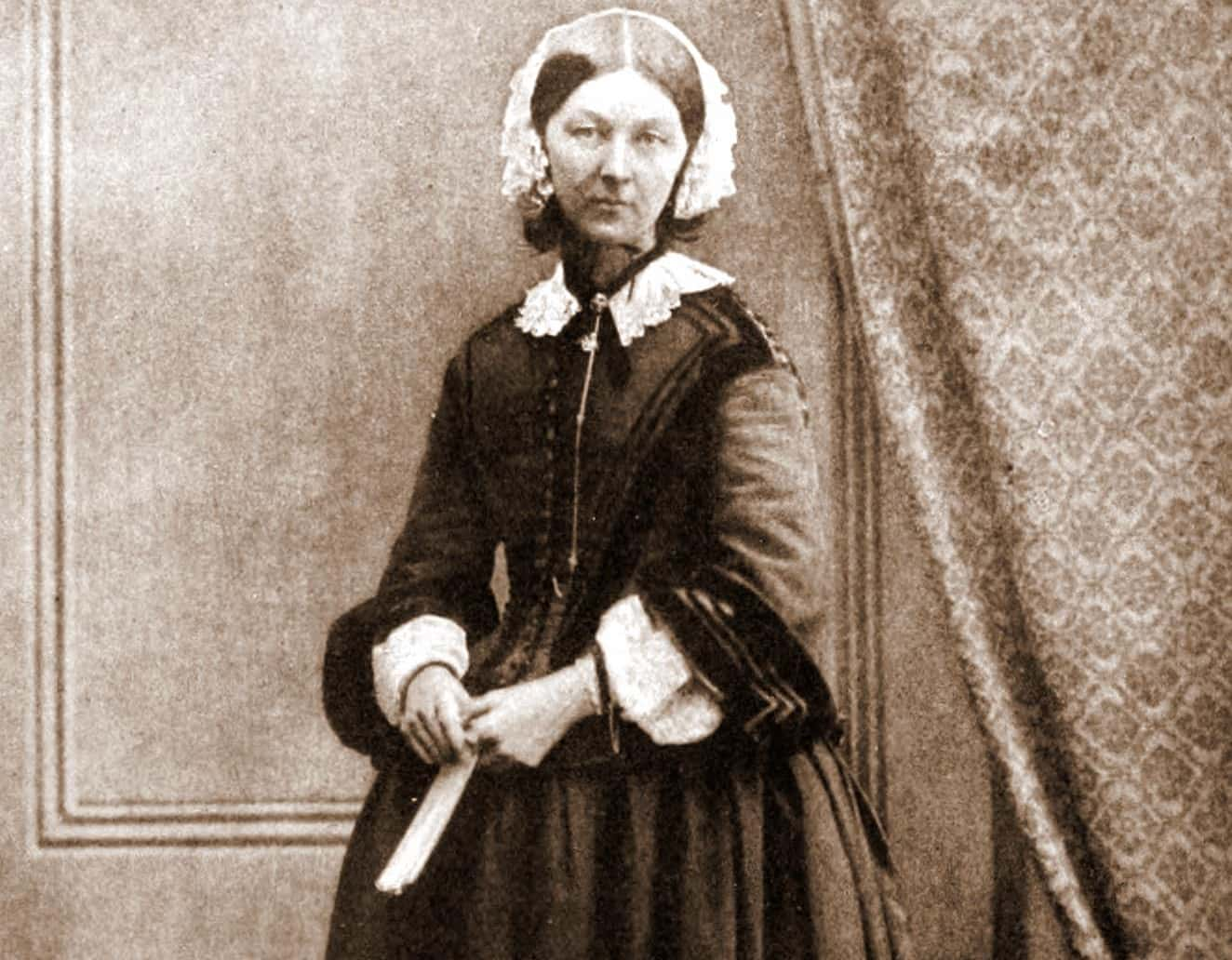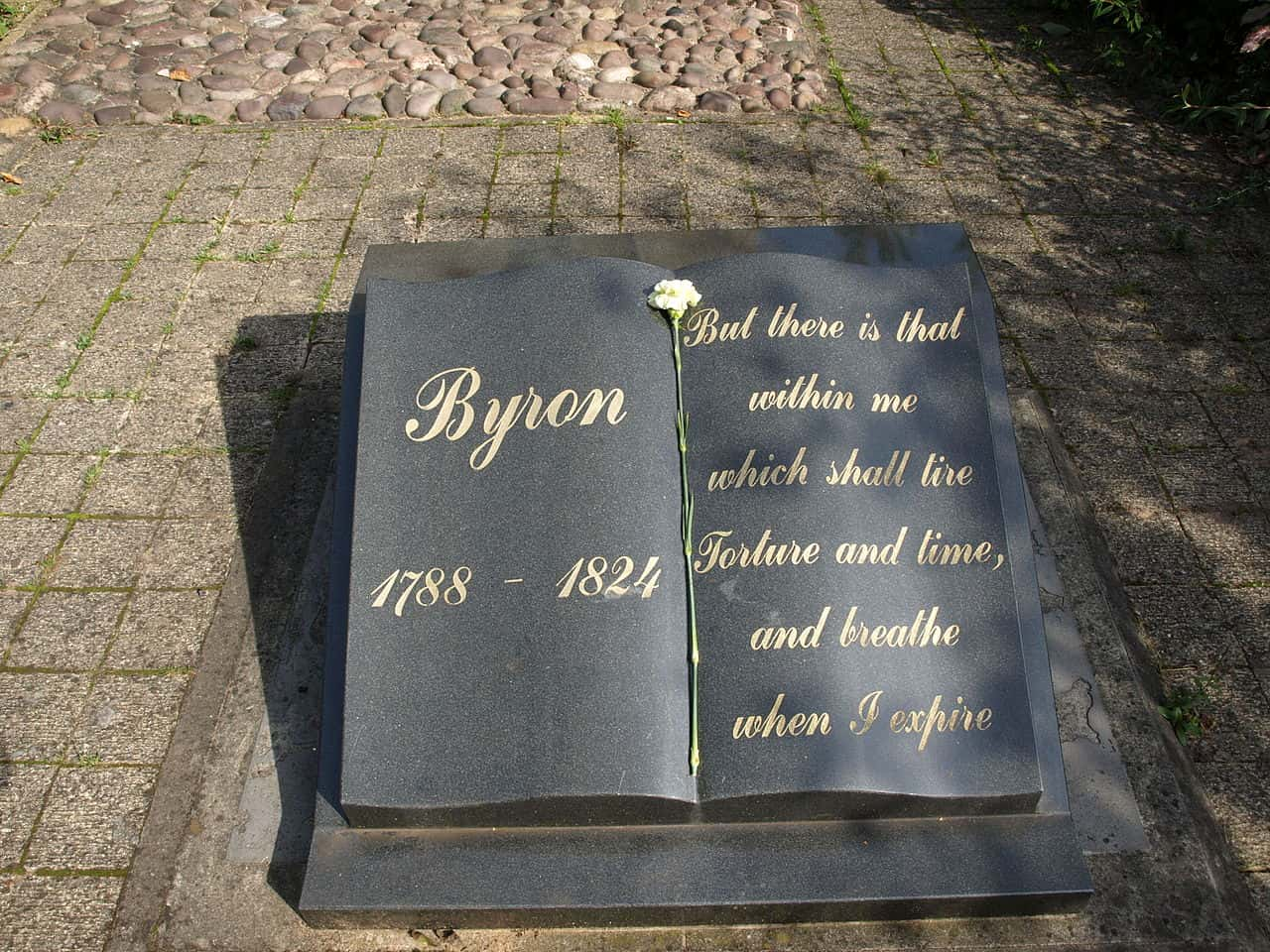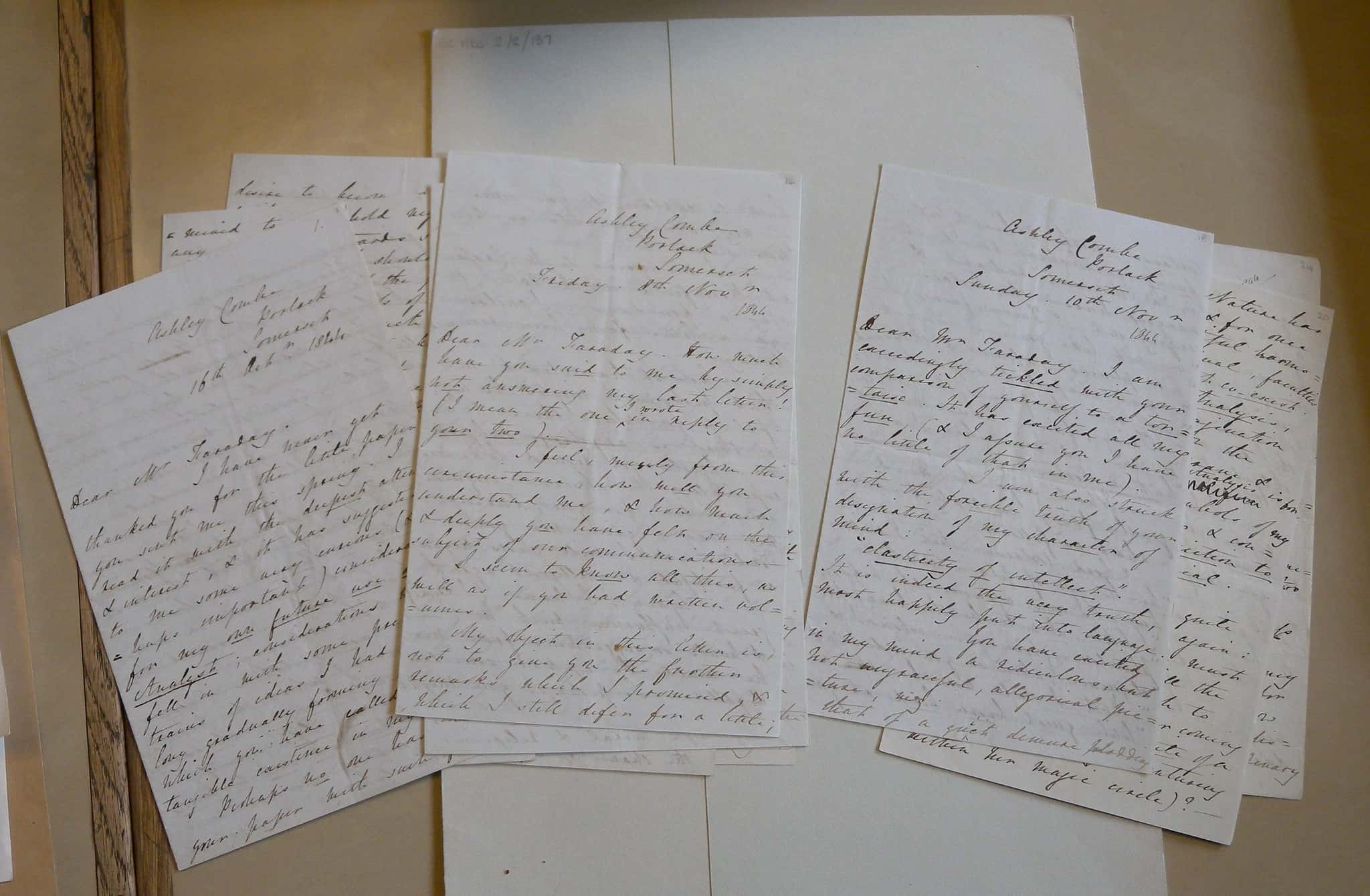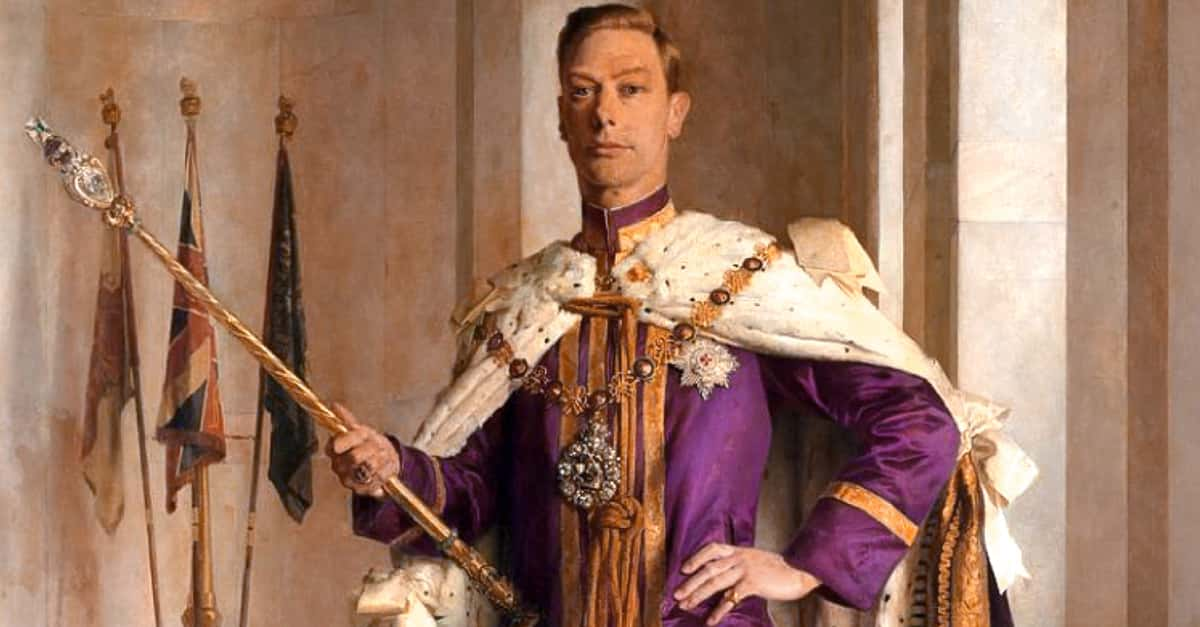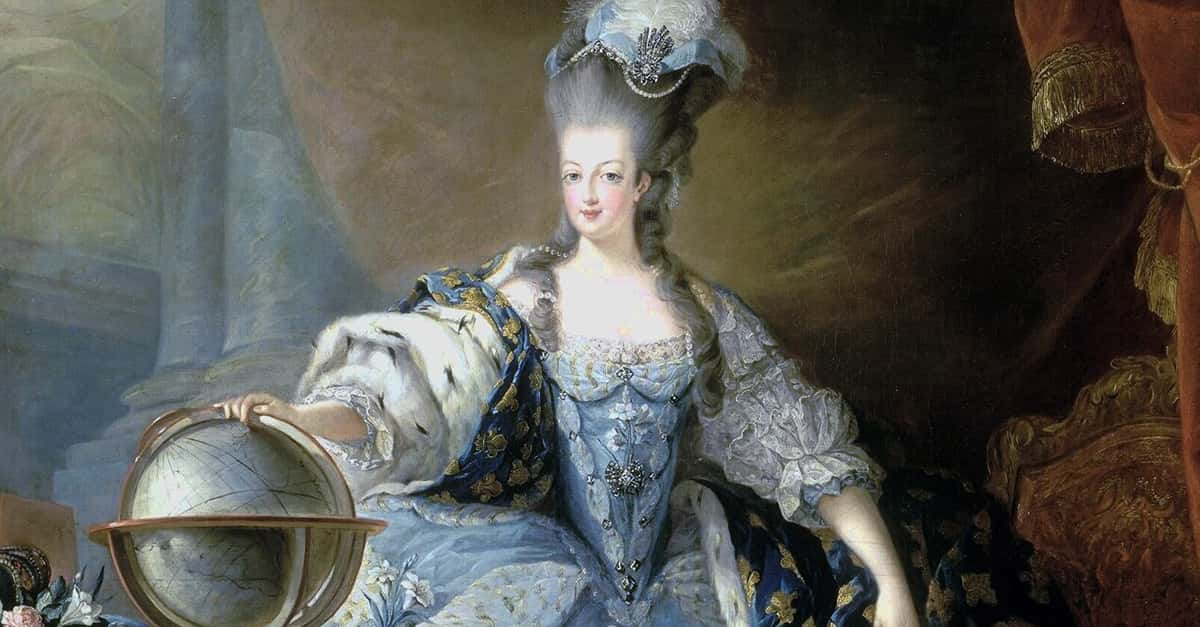37. Babbage Knew She Had Talent
Babbage often told Ada that she should publish a paper, but she always hesitated. Perhaps she feared that the scientific community would reject a woman's work. Maybe she thought the London gossips would faint at the thought of a Countess doing math. Either way, she refused Babbage every time. But Babbage knew that the world needed to see what Lovelace was capable of, so he thought up a new angle.
 Babbage (2008), Frame On Frame
Babbage (2008), Frame On Frame
38. He Basically Tricked Her Into Writing a Paper
An Italian named Luigi Menabrea wrote a paper on Babbage's conceptual "Analytical Engine"—one of the first computers in history. Babbage suggested that Lovelace translate Menebrea's paper into English. This was apparently just his sneaky way of getting Lovelace to publish her work, but I doubt even Babbage expected what Lovelace did next.
39. She Had Some Notes...
Lovelace agreed to translate Menebrea's paper, and she dove into the work. When she was finally done, she had successfully translated the paper. She also added some notes. Ok, she added a lot of notes. In the end, Lovelace's additions were three times longer than Menebrea's original work. But that wasn't even the most impressive part. There was a lot of good work in her notes, but the final addition, Note G, was different. It was special.
40. She Wrote the First Computer Program
Lovelace understood Babbage's machine better than just about anyone, and in Note G, she explained one of its practical uses. She described, in perfect detail, how to use the Analytical Engine to calculate a sequence Bernoulli numbers. Ok, that might sound like gibberish to normal people like you and me, but the important thing is this: Note G was, in effect, the first computer program ever written, making Ada Lovelace the world's first computer programmer.
41. She Had a Way With Words
Few people in the 19th century could appreciate just how important Note G was, but they still had to give Lovelace props. Babbage's Analytical Engine was something that the world had never seen before, and few people understood how it worked. Fortunately, one of the few who did was Lovelace, and she had a special gift for interpretation.
Her translation of Menebrea's article was by far the best explanation of the concept ever written at the time, and it introduced the idea of the mechanical computer to the world.
42. She and Babbage Had a Falling Out
Ada's "translation" was by far the greatest work she ever produced—but it almost destroyed her friendship with Babbage. After she's spent countless hours writing the thing, Babbage tried to add a preface complaining about how the government hadn't supported his work enough. Ada thought it was a terrible idea, but Babbage wasn't hearing any of it. Without the preface, he said, she shouldn't even bother publishing the article.
Ada was absolutely furious. She'd devoted her life to this paper, and here her closest friend was trying to kill it over a petty squabble. Eventually, she published the paper anyway, without the preface, but their friendship was strained for years after.
43. Her Husband Thought She Was Amazing
While Ada didn't receive proper support from Babbage, and many in English society thought it was scandalous for a woman to be writing scientific papers, at least she her husband backed her up. William couldn't have been more proud of his wife, and he gave copies of her paper to all his friends. He recognized the paper for what it was: a work of genius.
However, Babbage wasn't the only one who tried to take Lovelace's accomplishment away from her...
44. People Have Tried To Take Away Her Accomplishments
Many historians have tried to downplay Ada Lovelace's contributions to the field of computer science. They attribute all of the breakthroughs to Babbage and claim that Lovelace was pretty much just along for the ride. One Babbage historian went so far as to call her "manic depressive with the most amazing delusions about her own talents, and a rather shallow understanding of Charles Babbage and the Analytical Engine."
45. Her Work Speaks For Itself
Every great woman from history has her fair share of men trying to downplay her accomplishments, and Lovelace is no different. However, many historians are quick to give her the credit she deserves. Before Lovelace, no one was able to explain Babbage's work with such elegance and sophistication. Note G, in particular, had the undeniable mark of Lovelace's hand, and was a more detailed use of the Analytical Engine than even Babbage had created before.

Sign up to our newsletter.
History’s most fascinating stories and darkest secrets, delivered to your inbox daily. Making distraction rewarding since 2017.
46. She Saw the Future
Lovelace's paper featured the first-ever computer program, but it also predicted the modern computer as we know it. Before her, everyone assumed that the theoretical "computer" would simply be used to perform mathematical calculations. Lovelace predicted that a computer could be used for any number of applications, such as a machine that could create music.
Her ideas seemed ridiculous in their day, but almost two centuries later, with computers performing almost every task imaginable, she got the last laugh.
47. The Deck Was Stacked Against Her
Lovelace's paper was a work of genius, and she managed to write it despite the countless roadblocks in her way. English society believed that science was a man's work, and that made it extremely difficult for Lovelace to get what she needed. As a woman, the Royal Society denied her access to their prestigious library and the resources it contained, despite the fact that her far-less talented husband was a member.
48. Her Writing Shone
Though Lovelace devoted her life to science and math, she still had a little bit of her father's flair. Her paper should have been dry and boring, but she couldn't help but add her own poetic license. Her knack for the dramatic helped make what should have been a bunch of mathematical gobbledygook something that people could actually understand.
49. Her Mother Wasn't Impressed
Even as Ada grew up, started a family, and devoted herself to mathematics, her domineering mother remained an omnipresent thorn in her side. The Lady Byron was controlling, manipulative, and frustrating for Ada's entire life. She constantly tried to stir up drama, continually announcing that she was dying from some new ailment, then magically recovering. It was just like when Ada was a child—her mother cared only for herself.
The difference was that now, Ada had her own life, and she wasn't afraid to let her mother know it.
50. She Knew She Was Great
In Victorian society, women weren't supposed to have any aspirations beyond the home—but Ada knew she was destined for great things. In a letter to her mother, she talked about her "insatiable and restless energy" to create something of substance. She wasn't humble, either: She wrote, "I believe myself to possess a most singular combination of qualities exactly fitted to make me pre-eminently a discoverer of the hidden realities of nature."
For years, Lovelace's relationship with her mother had been cold and distant, yet here she was opening up for the first time. It seems as though once she discovered her greatest work, she cared less about what her mother thought and finally allowed herself to become her own woman.
51. Her Mother Dropped a Bombshell
Apparently, Lady Byron just couldn't deal with the fact that her daughter seemed happy—so she picked this time to drop an absolute bombshell. Remember Elizabeth Medora Leigh, Lord Byron's niece whom Ada would occasionally see at parties? Well, Lady Byron decided it was finally time she revealed her ex-husband's darkest secret...
52. Her Father Had a Child With His Sister
Lady Byron claimed that Leigh wasn't Lord Byron's niece—she was actually his daughter. This would mean that Lord Byron had had a child with his own half-sister. No wonder Leigh treated Ada so frostily at parties! But if Lady Byron hoped this shocking revelation would leave Ada stunned, she was in for a rude awakening...
Lovelace was not surprised in the least. In her response letter, she said that she'd assumed Leigh was Byron's daughter for years.
53. She Didn't Care
In a bizarre twist, Lovelace didn't blame her father at all for having an incestuous relationship with his half-sister. Instead, she blamed the sister for corrupting him! Despite the fact that she never met her dad and her mother did everything she could to make Ada hate him, it seems as though Lovelace always carried a strange affection for Lord Byron.
54. Her Mother Tried To Straighten Her Out...
So, did publishing her magnum opus change Lovelace's life forever? Not exactly. Her mother was apparently unmoved by Lovelace's personal revelation and decided that her daughter was getting a little too uppity for her own good. She hired a man named William Benjamin Carpenter to tutor Ada's kids and to be Ada's "moral instructor."
I guess Lady Byron assumed that an upstanding man like Carpenter would finally teach Ada how to act like a real lady—but she couldn't have been more wrong.
55. ...But The Plan Backfired
Carpenter was supposed to show Lovelace how to be a proper lady, but instead, she ended up corrupting him. Carpenter fell head over heels for Ada's brash personality, and he became more and more obsessed with her. He started spending a lot of time with her, always assuring her that, as a married man, his intentions were always pure. Yeah, about that...
56. She Kicked Her Suitor to the Curb
Lovelace abided by Carpenter's obsession for a while, but his advances started getting more and more obvious. Finally, she couldn't ignore it any longer—for all his cries of being a decent, married man, Carpenter was trying to start an affair. Lovelace was having none of it, and she kicked him out of the house.
57. Her Illness Came Back
Things didn't get any simpler for Lovelace after she gave Carpenter the boot. The health problems that had plagued her throughout her life returned, and she spent months on end traveling from one doctor to the next to try and get better. Unfortunately, this was Victorian England, and medicine was more of an art than a science. One of the cures her mother suggested was "mesmerism." Little wonder her health didn't improve...
58. She Tried to Numb the Pain
She tried everything, but Lovelace's health just kept getting worse and worse, leaving her in terrible pain at all times. This is when she started taking opiates to try to numb the agony.
59. She Spent a Lot of Time With Men...Too Much?
Taking opiates was totally normal in Victorian England—but don't worry, Ada found other ways to scandalize society. Remember, she was still Lord Byron's infamous daughter, and people paid attention to her every move. Gossips couldn't help but notice that Lovelace spent a whole lot of time with men who weren't her husband, and dark rumors began to swirl.
Everyone assumed Lovelace was having an affair, but that wasn't the only thing that got her in hot water...
 Babbage (2008), Frame On Frame
Babbage (2008), Frame On Frame
60. She Loved the Ponies
Science wasn't the only so-called "manly" pursuit that Lovelace enjoyed. She also indulged in gambling, and it eventually got out of control. She apparently blew over £3,000 on the ponies in the 1840s. That was bad enough—but she couldn't stop, and it was about to get so much worse.
61. She Tried to Game the System
Lovelace's love of mathematics and gambling eventually came together—with disastrous consequences. She fell in with a group of men who made increasingly large bets, and Lovelace came up with an ingenious plan. She'd create a mathematical model to game the system and dupe her friends out of their money. The only problem is, her model failed spectacularly.
Lovelace bet the farm and lost. Up to this point, she managed to keep her gambling losses a secret, but this hole was too big to cover up. She was finally forced to come clean to her husband, who was understandably furious.
62. She Was Obsessed With the Human Brain
As she grew more and more frail, Lovelace became increasingly obsessed with the mechanics of the human brain. She dreamed of creating a mathematical model for the structure of the brain, something that her knowledge of computing made her particularly equipped to do. She never achieved this goal, but it filled her thoughts throughout her final years.
Most biographers blame Lovelace's obsession with the brain on her mother, who constantly reminded her that she could fall victim to the same "madness" that corrupted her father.
63. Her Son Abandoned Her
Ada Lovelace ended up having a strained relationship with her children, just as she had had with her own mother. Her eldest son Byron left her to join the Navy, but deserted soon after. He never contacted his family ever again. Lovelace held out hope that her son had traveled to America and was living a good life there—but she never learned the heartbreaking truth.
After deserting the Navy, Byron ended up working in a dingy shipyard in England, where he died, unmarried and childless, at just 26 years old.
64. Her Kids Did Alright
Lovelace wasn't particularly close with her daughter either, though Annabella did a little better for herself than her brother. Anne, as she liked to be called, moved to the Middle East, where she became one of the world's best-known breeders of Arabian Horses. Only Lovelace's youngest child, Ralph, stayed close to home. When she and William passed away, Ralph inherited the family title. He became the 2nd Earl of Lovelace and lived out the rest of his life on their estates.
65. She Loved Her Father—But Her Son Hated Him
It seems as though Ralph Lovelace took more after his grandmother than his mother. While Ada always had a strange obsession with her mysterious father, Ralph utterly hated Lord Byron. In 1905, Ralph published a book about his family's history in which he wrote, "Lord Byron’s life contained nothing of any interest except what ought not to have been told." Ouch.
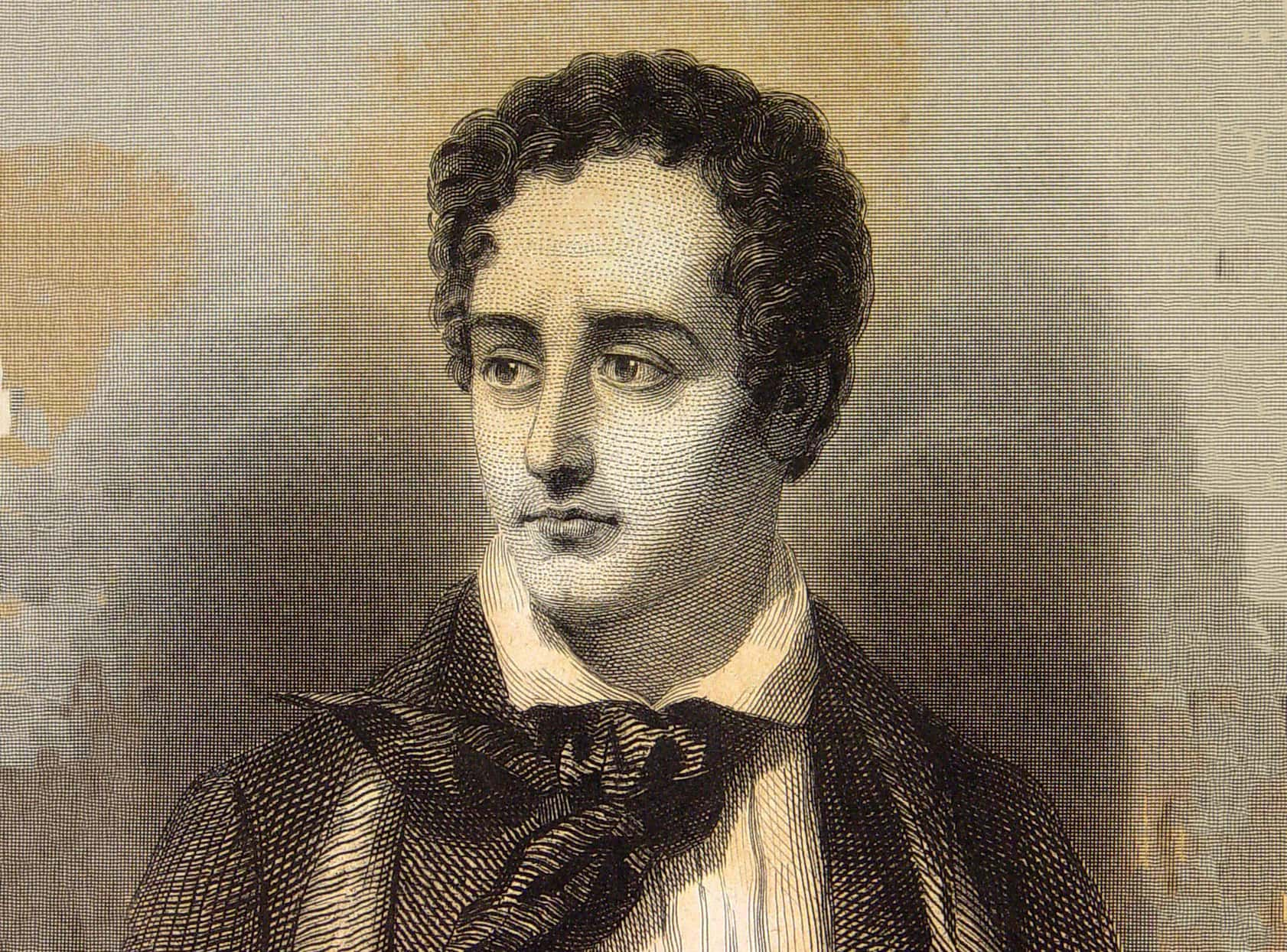 Flickr, Fondo Antiguo de la Biblioteca de la Universidad de Sevilla
Flickr, Fondo Antiguo de la Biblioteca de la Universidad de Sevilla
66. Her Health Finally Caught Up With Her
Between gambling, opiates, and mesmerism, Lovelace's health just got worse and worse. By the 1850s, her doctors had run out of explanations: Lovelace had cancer. She was dying. The opiates that she'd been taking weren't helping anymore, so she experimented with a less-known painkiller: Cannabis. But no matter what she tried, it was too late to save her.
67. She Knew Death Was Inevitable
By 1852, there was nothing that could be done to save the 36-year-old Ada Lovelace. In one of her final correspondences, she mournfully wrote, "I begin to understand Death; which is going on quietly & gradually every minute, & will never be a thing of one particular moment." Her final days were upon her.
68. She Was Friends With Dickens
Though far too few people know her today, Ada Lovelace had made some pretty impressive friends in her life, and some of them came to visit her on her deathbed. Just a couple months before she gave out, she received a visit from none-other than Charles Dickens. She implored Dickens to read her an account of death from one of his books.
That might have terrified some people, but Lovelace had come to terms with her mortality by that point.
69. Her Mother Made Her Final Months Miserable
Though her mother had never really been there for her in life, Lady Byron completely took over Lovelace's final months. Because of this, Ada spent her last days like she had spent her childhood—almost entirely alone. Her mother never approved of any of Lovelace's friends, and she refused to allow any of them to see her daughter to say goodbye.
70. She "Repented" On Her Deathbed
As Ada Lovelace lay weak and dying, her mother still couldn't help but try to control her. She convinced Ada to repent her sinful life and devote herself to god. She also became the executor of Lovelace's will. Even at the very end, Lady Byron was sure to make everything about her.
71. She Made A Deathbed Confession
Lovelace wasn't allowed to see any of her closest friends in her final days—and soon, her husband abandoned her as well. On August 30, 1852, Lovelace called William to her bedside. She confessed something to him on that day. A deep and dark secret that she'd never revealed before.
When William heard it, he left her bedside that day and never returned. And to be fair, it was a big one.
72. The Rumors Were True
According to historians, Ada Lovelace confirmed the public's worst fears about her just before dying: She told her husband she had been unfaithful to him throughout their marriage. After stalking out of the room, the Earl of Lovelace wrote,"for the past week I have been prey to the utmost wretchedness of mind—Every cherished conviction of my married life has been unsettled".
As for who the candidate (or candidates) was?
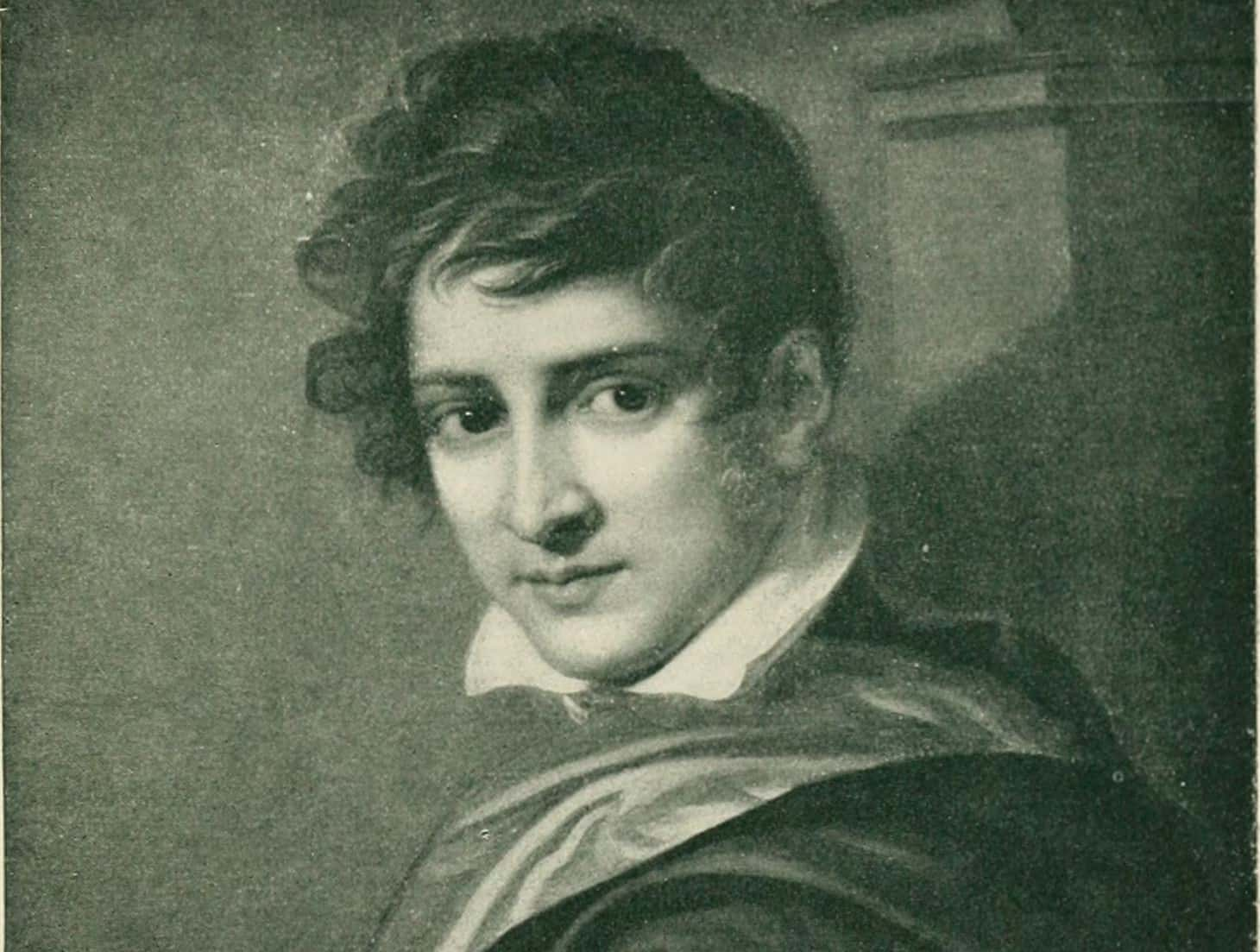 Flickr, Internet Archive Book Images
Flickr, Internet Archive Book Images
73. She Was Particularly Close to One Man
One of Ada's relationships in particular looked extremely questionable. She was close with a man named Andrew Crosse for several years, even though the pair of them were strangely secretive about their relationship. Then as Ada lay dying, one of the few people she demanded to see was Crosse.
Her mother tried to keep anyone from seeing her, but the thought of never seeing Crosse again filled Lovelace with panic. When she finally passed, she even left all of her father's possessions to Crosse.
74. She Clung To Life
Though her husband abandoned her and her mother isolated her, Ada Lovelace still hung on for three more agonizing months. She finally passed on November 27, 1852, of uterine cancer. She might have even hung on even long, but her doctors' excessive bloodletting probably hastened her end.
Her close friend and longtime correspondent Florence Nightingale later wrote, "They said she could not possibly have lived so long, were it not for the tremendous vitality of the brain, that would not die."
75. She Was Buried Next to Her Absent Father
In a surprising move, one of Ada Lovelace's last requests was to be buried next to Lord Byron, the father she'd never met. Maybe it was out of genuine affection for the man, or maybe it was just one last middle-finger to her mother. Who can say?
76. Even Her Funeral Was Lonely
Ada Lovelace was buried in an extremely small ceremony. Neither Charles Babbage, her longtime friend, nor her own mother attended the ceremony.
77. Her Family Destroyed Her Letters
Although Lovelace had confessed her sins to her husband, she still wanted to keep them hidden. One of Lovelace's last requests was for her many correspondents to collect any letters that they had from her and send them to her family.
Many obliged and sent the writings—only for Ada's son to collect them and pore over them in detail. Still, even destroyed some of those letters, and the likely scandalous details contained within.

